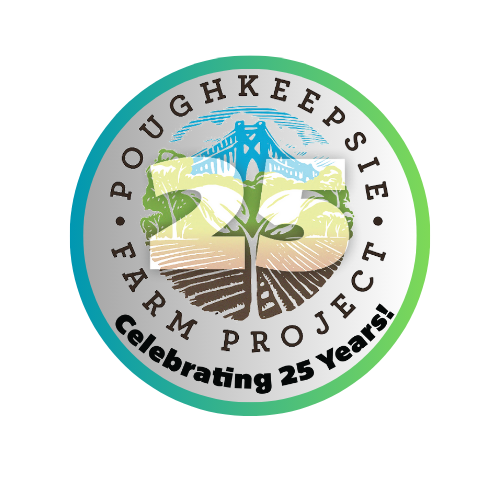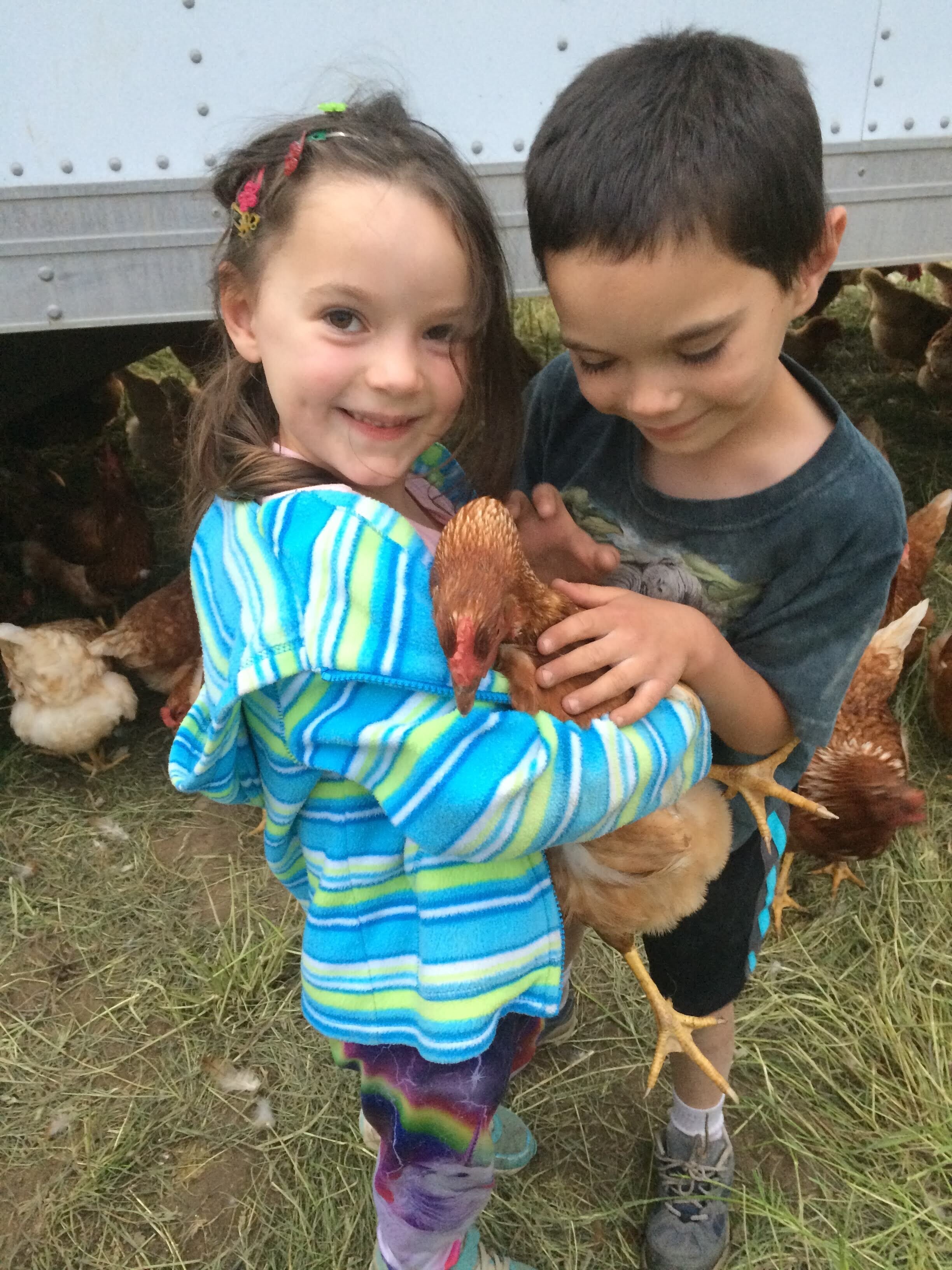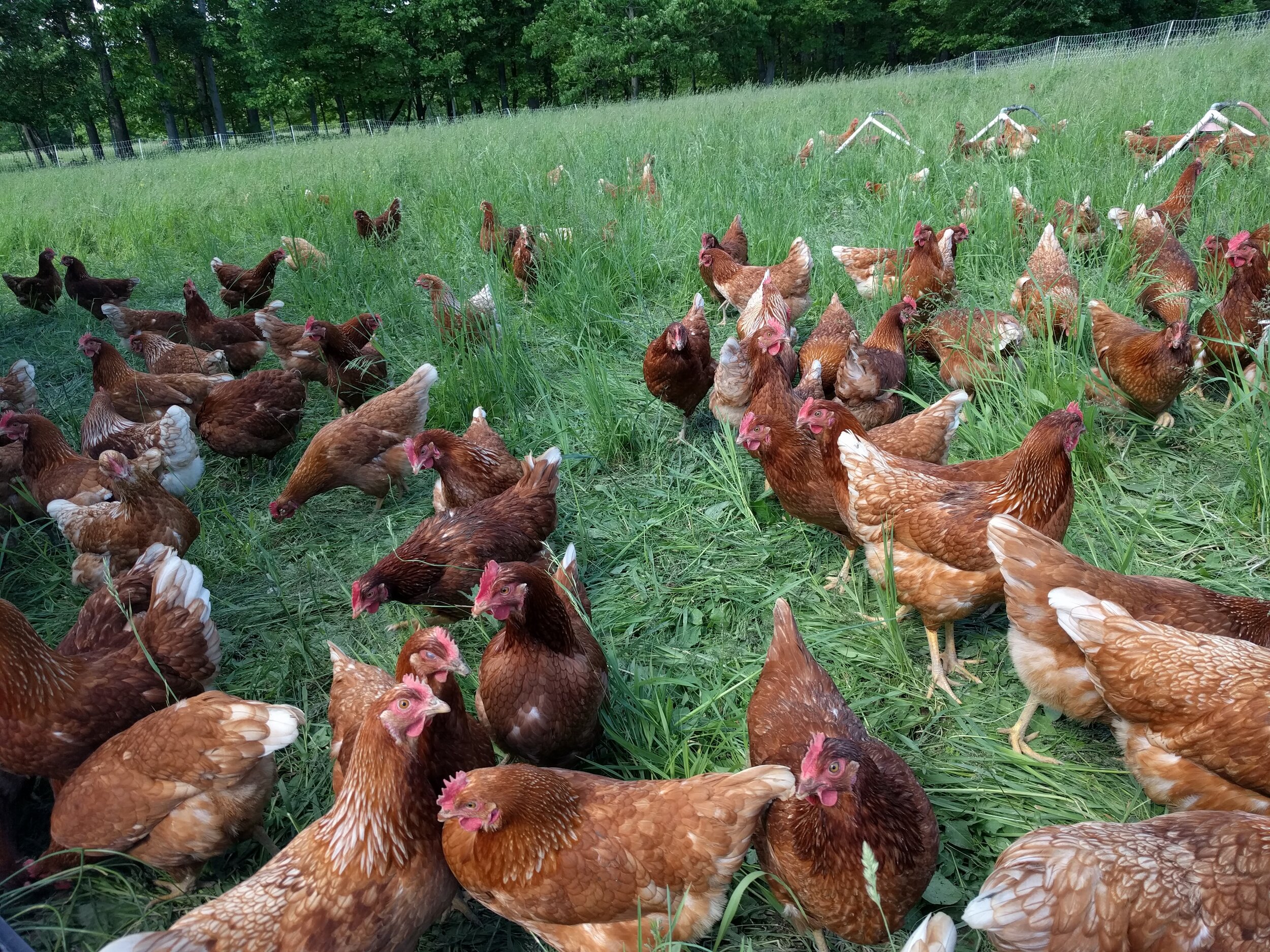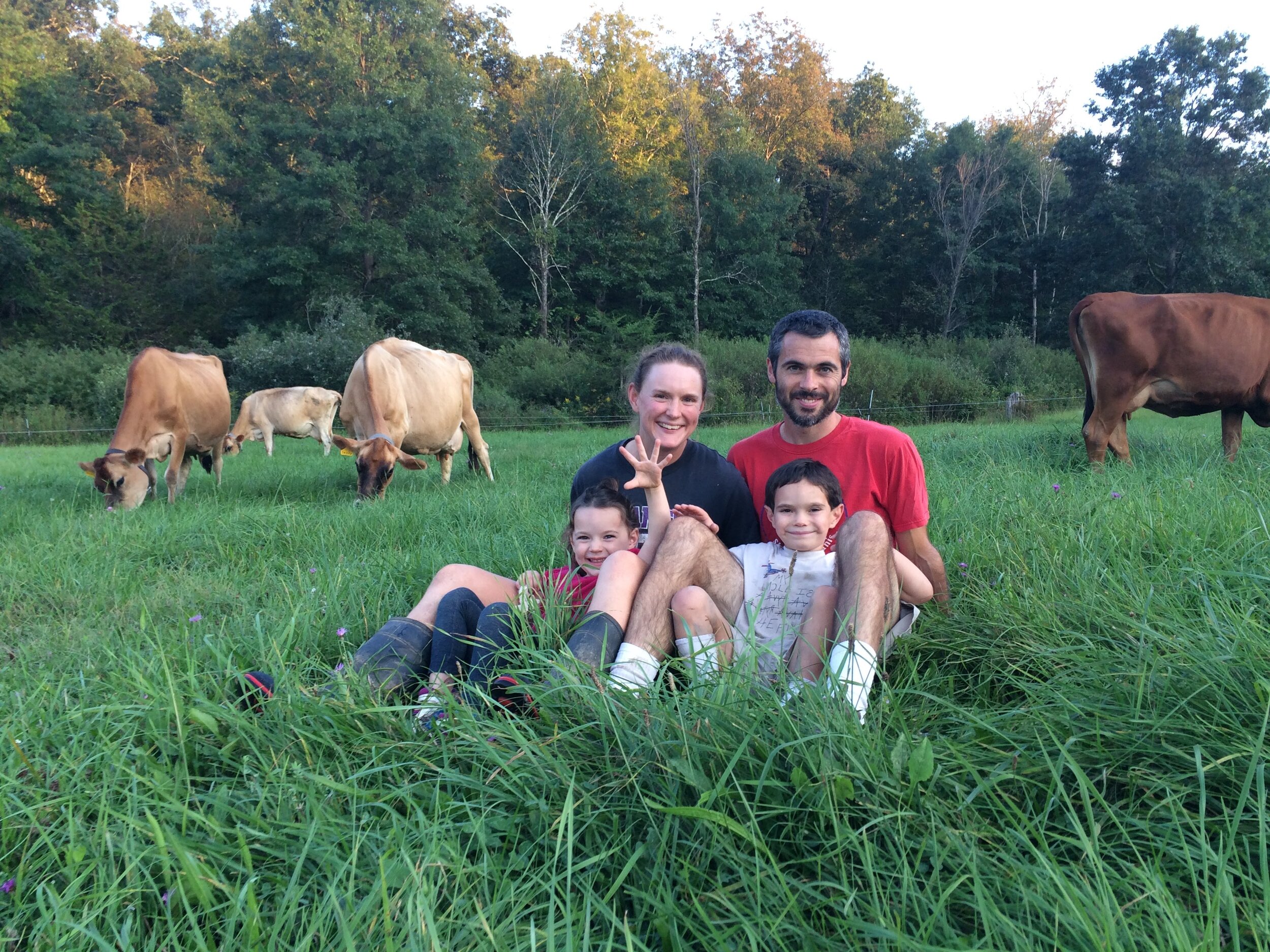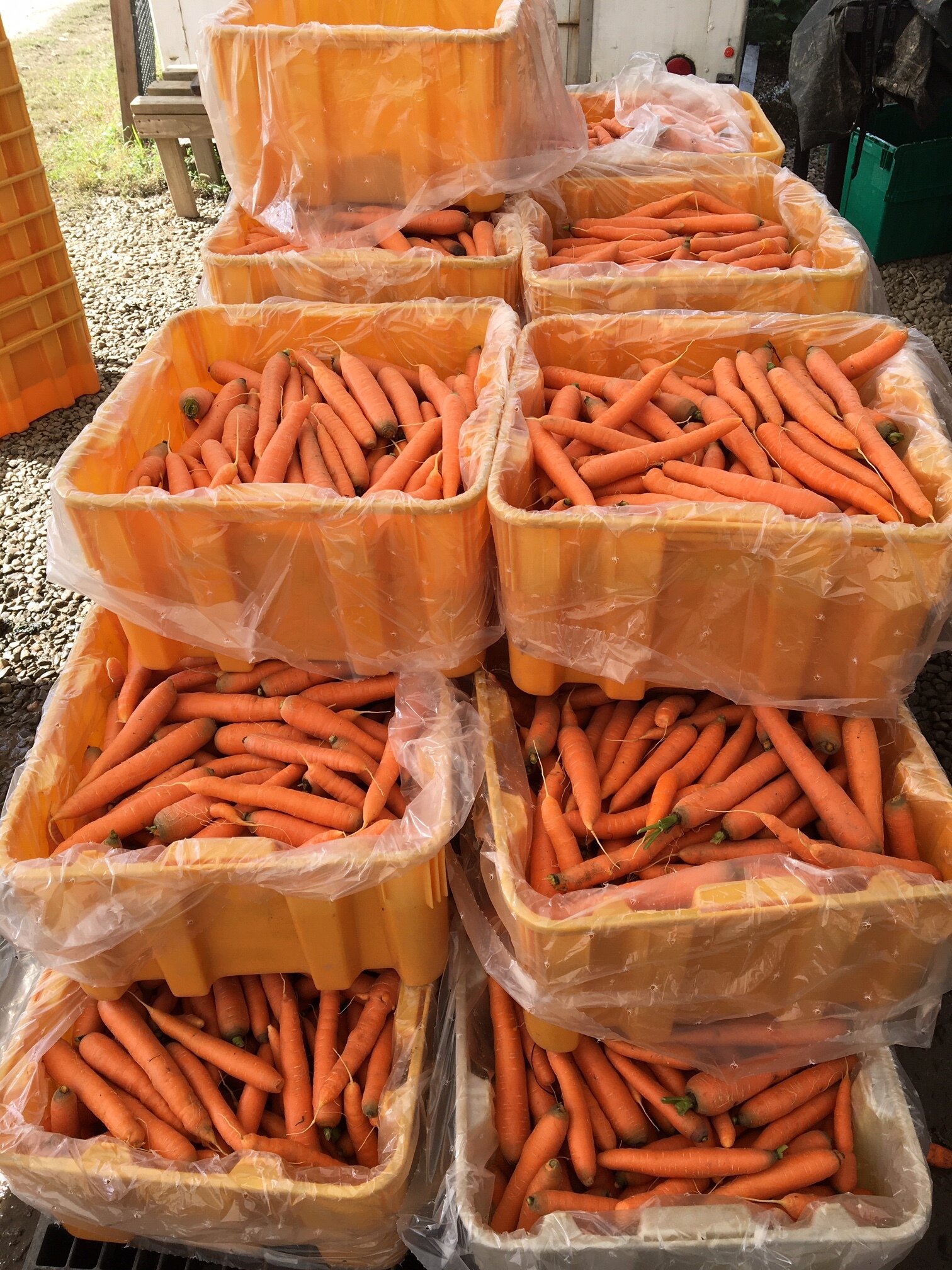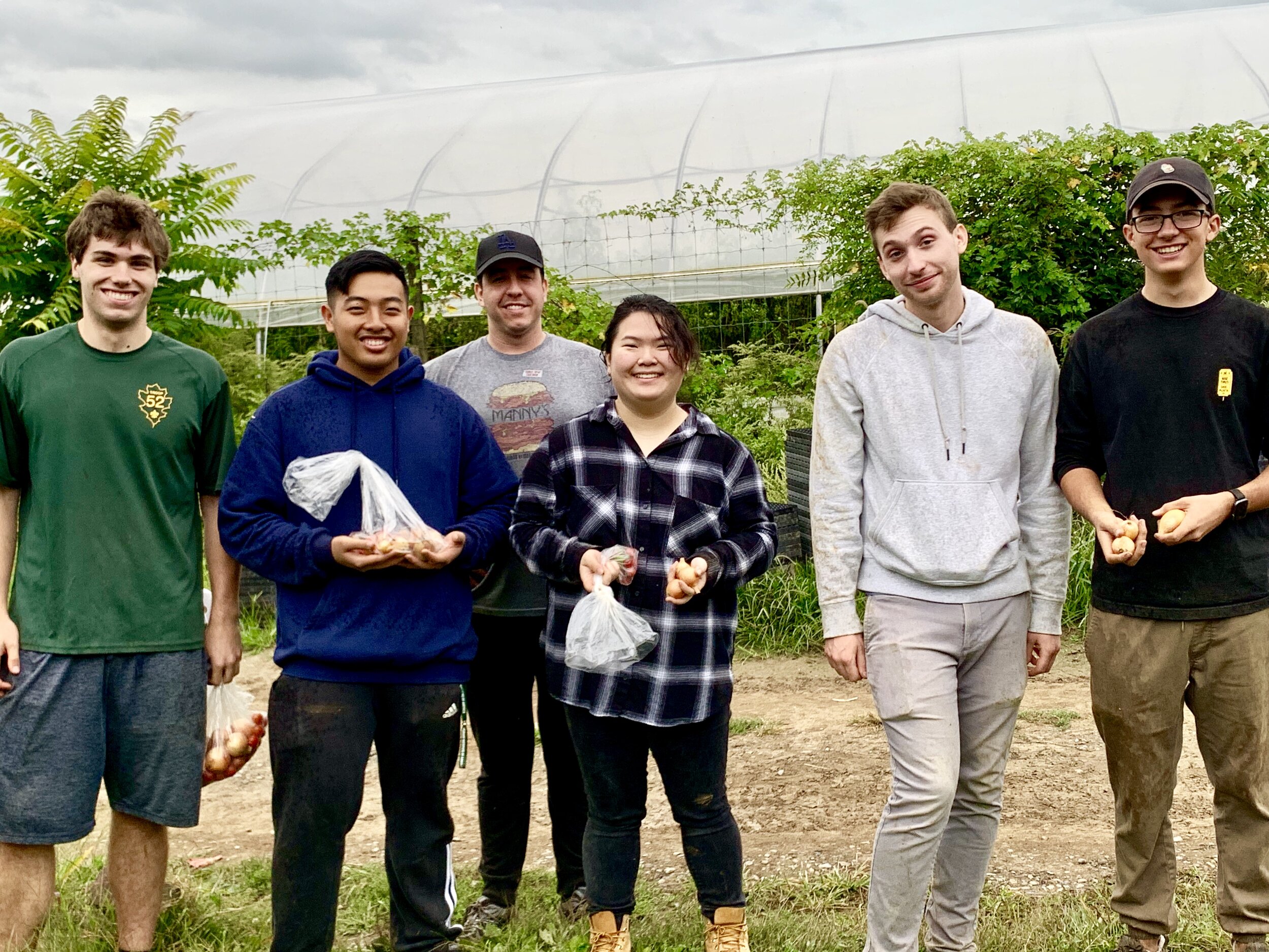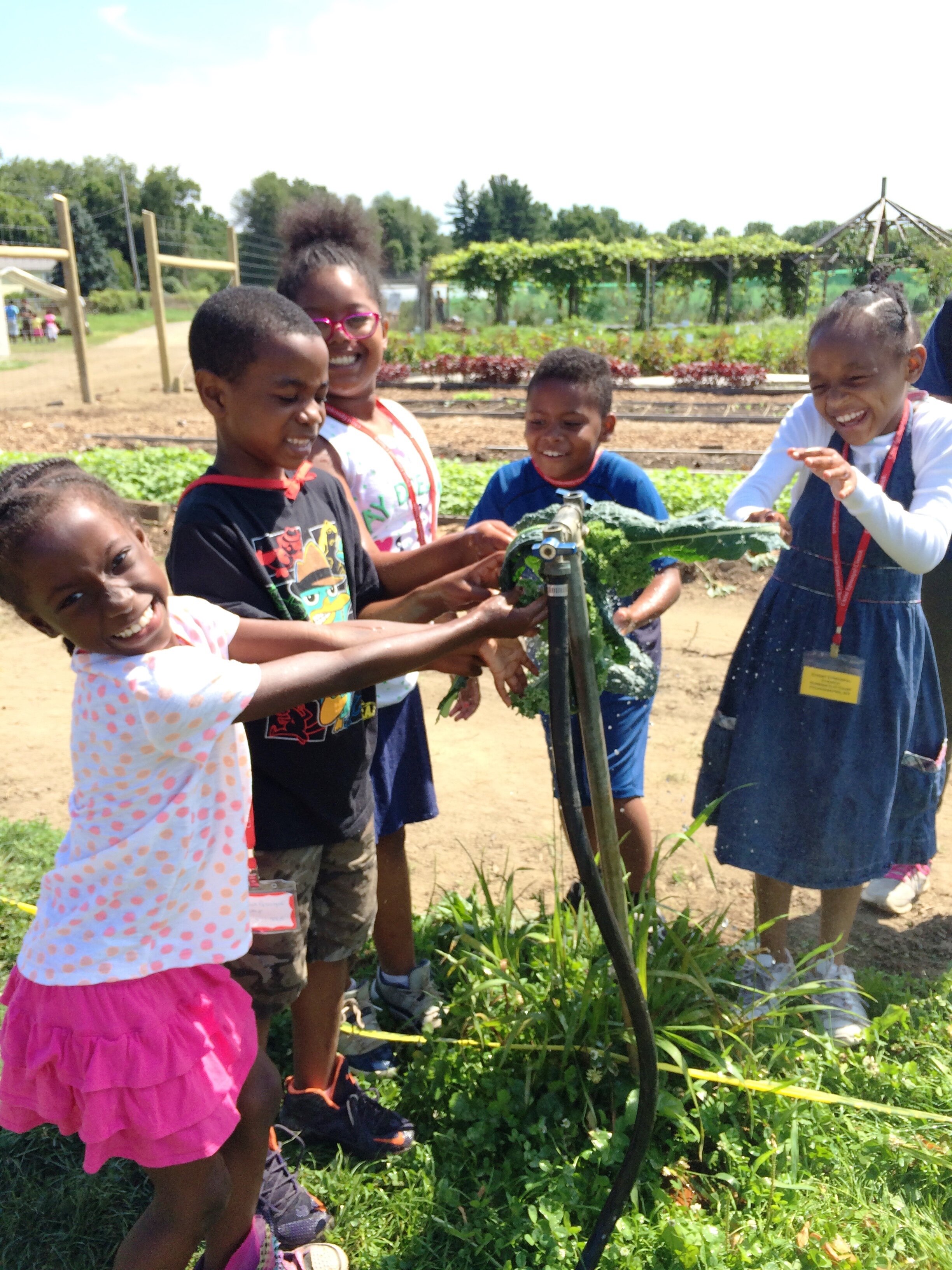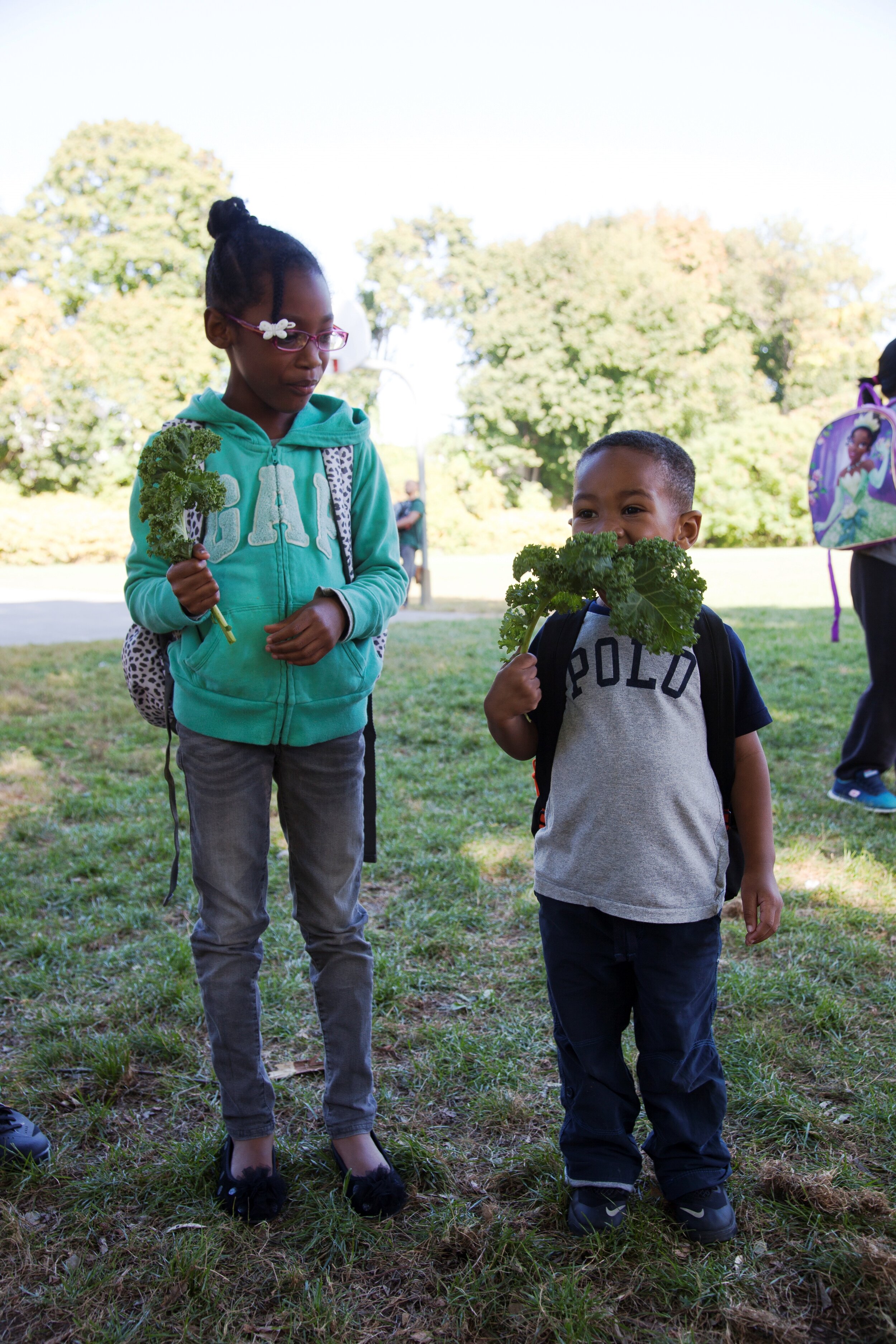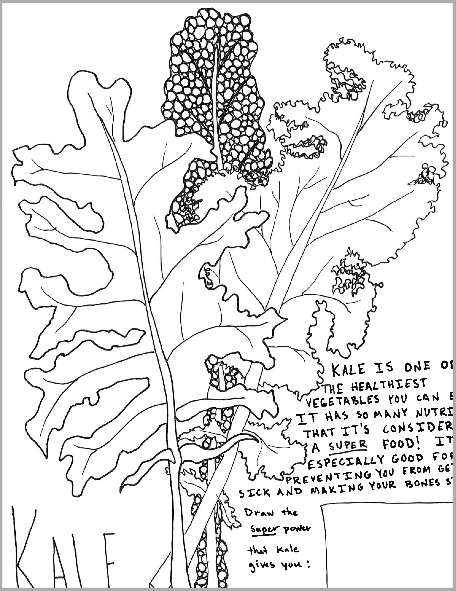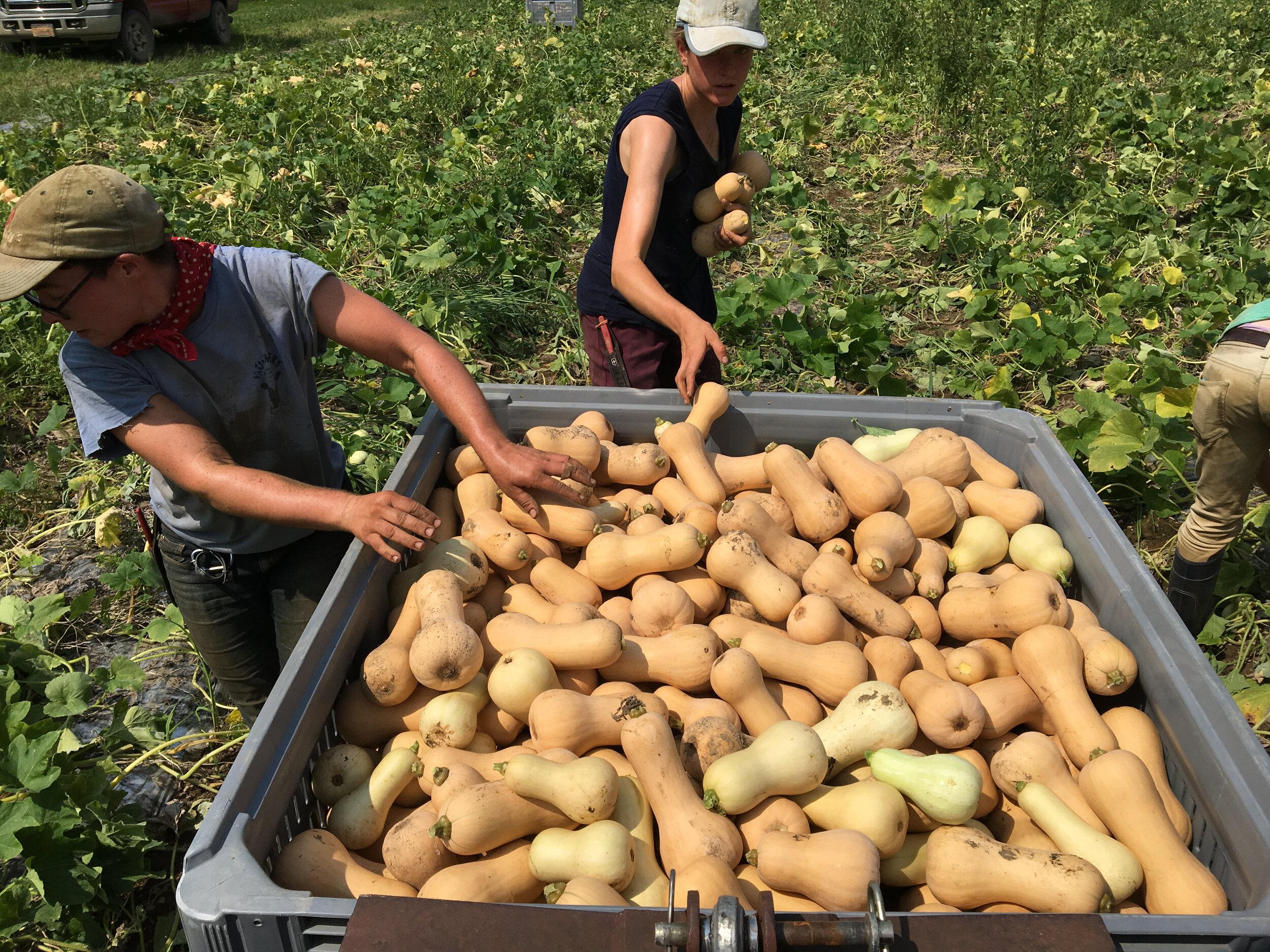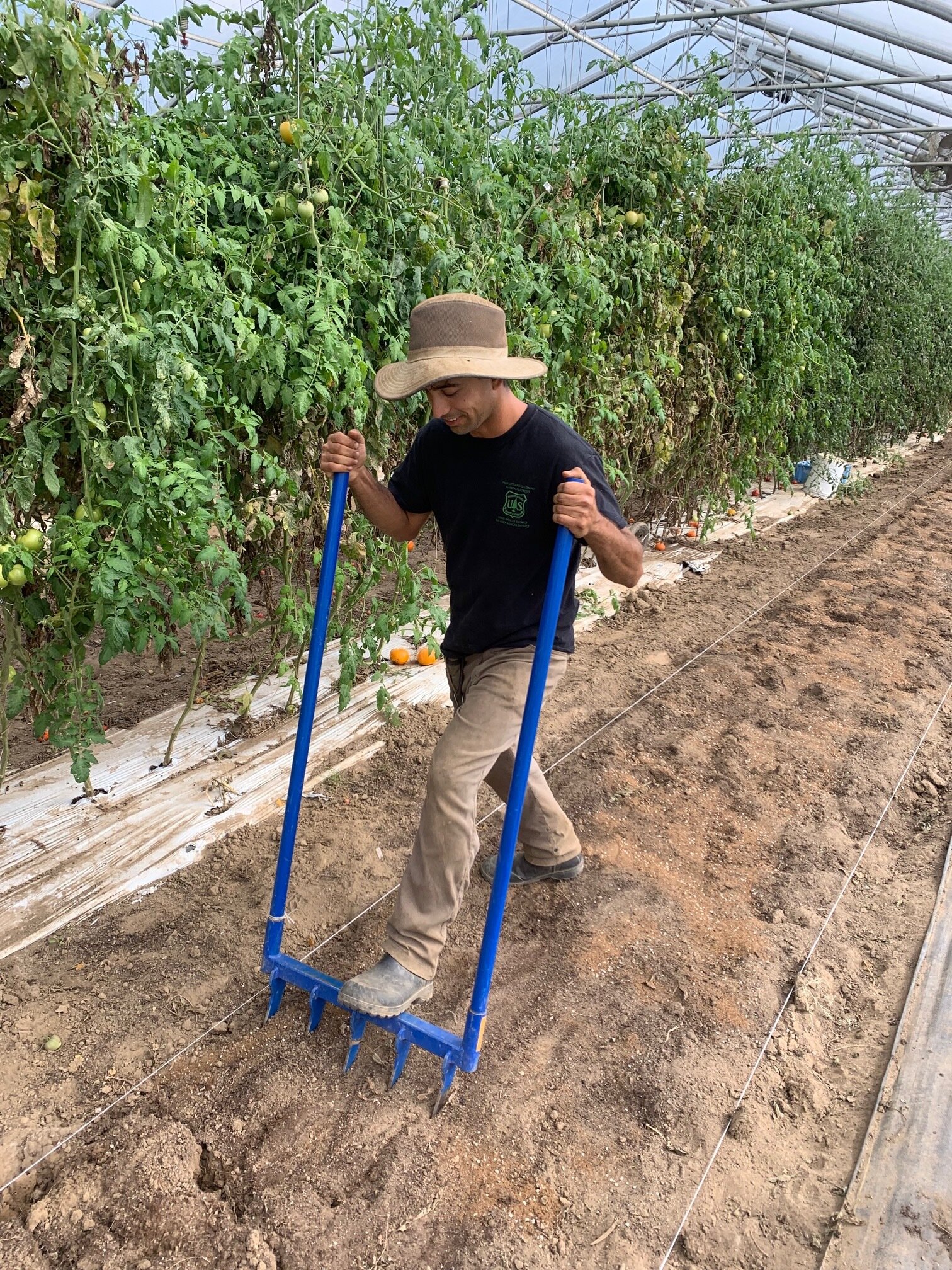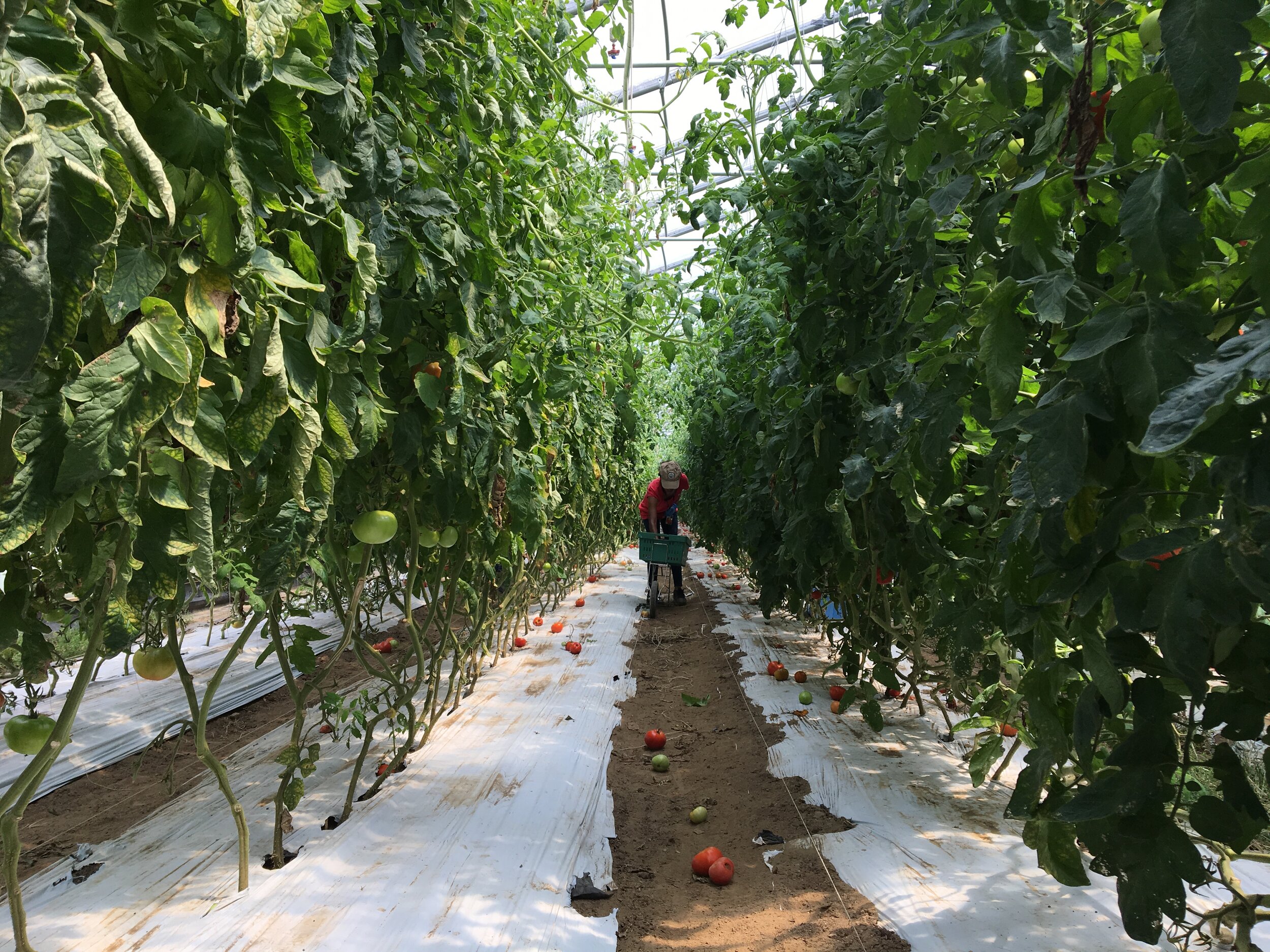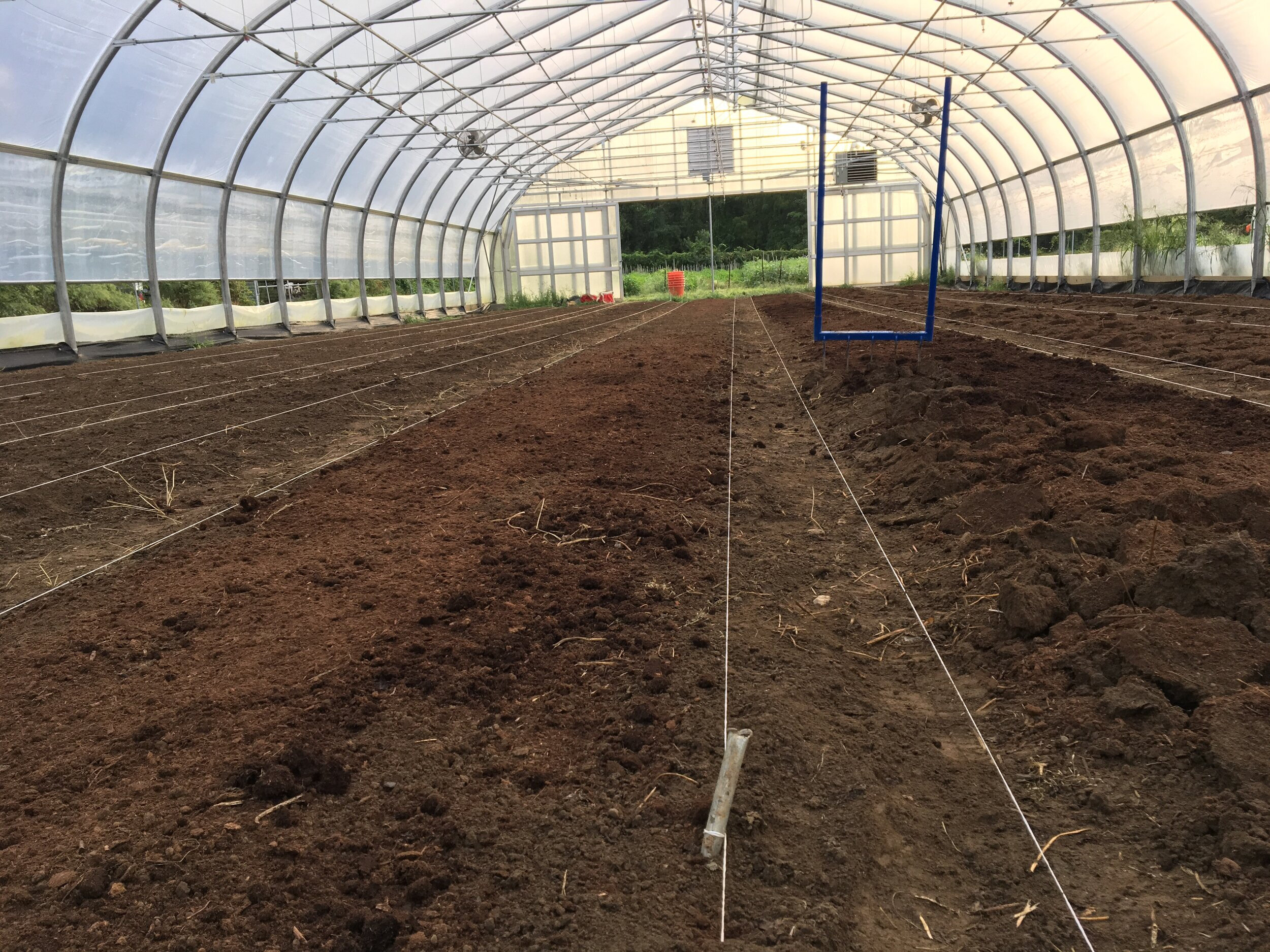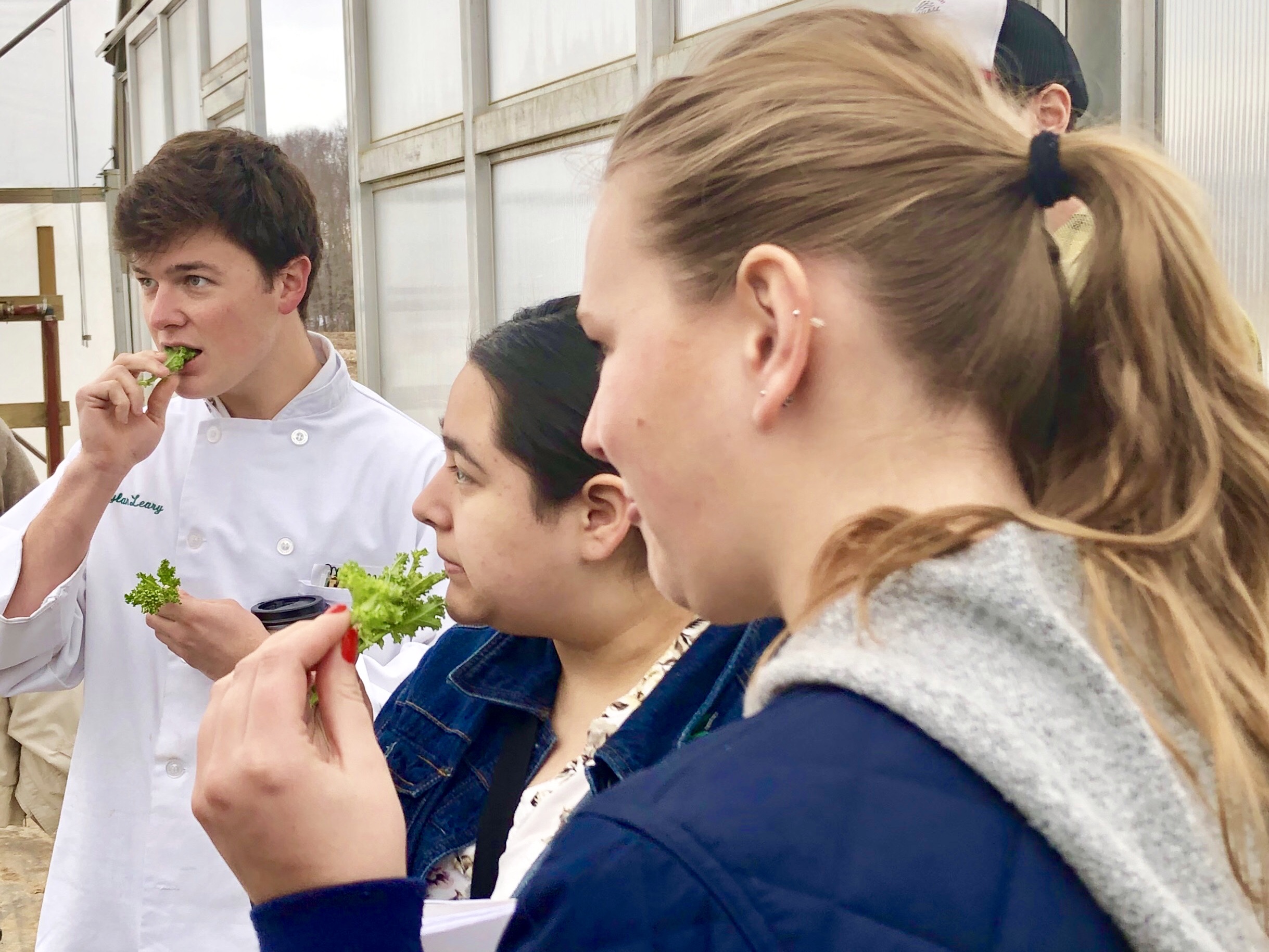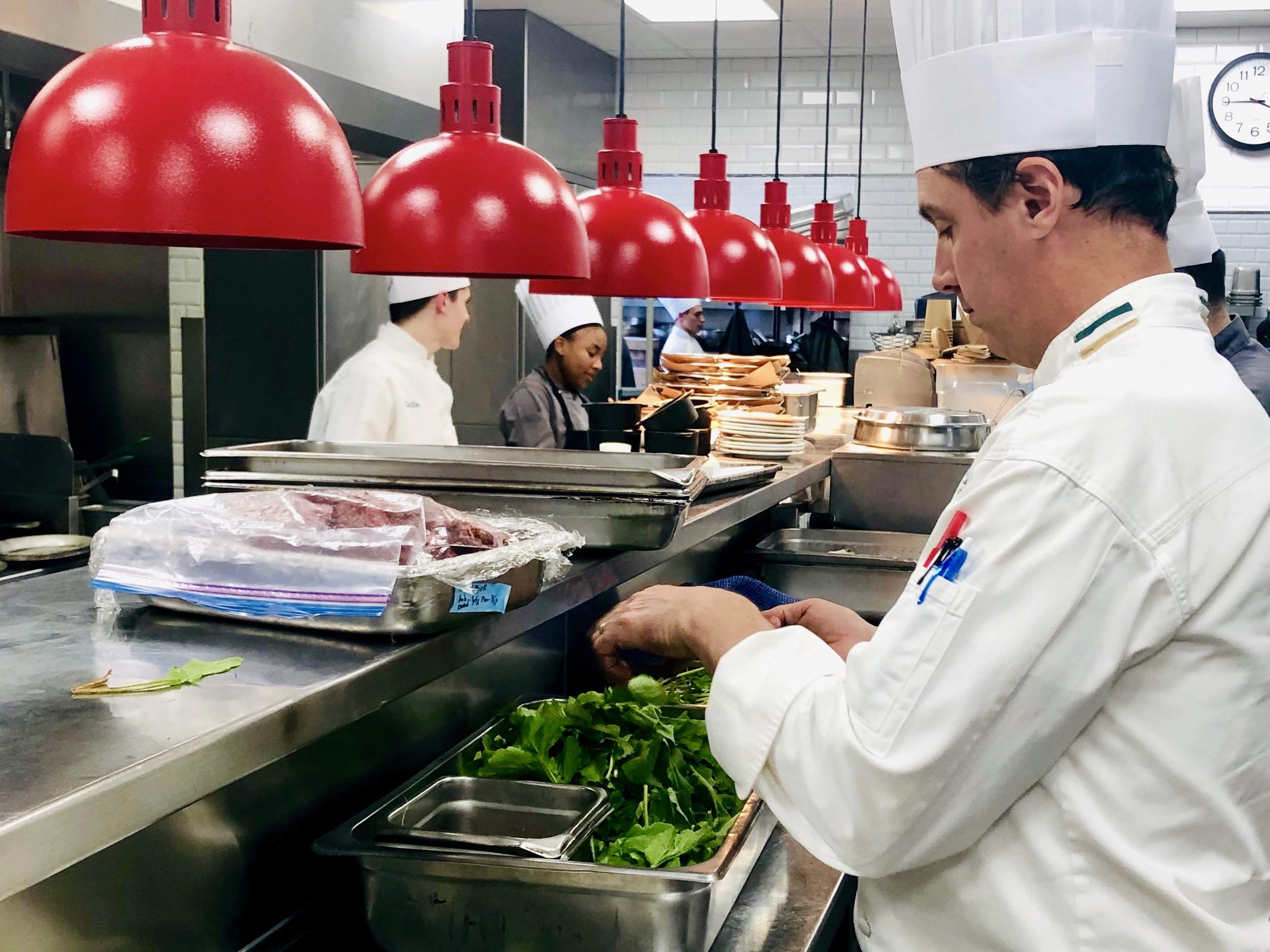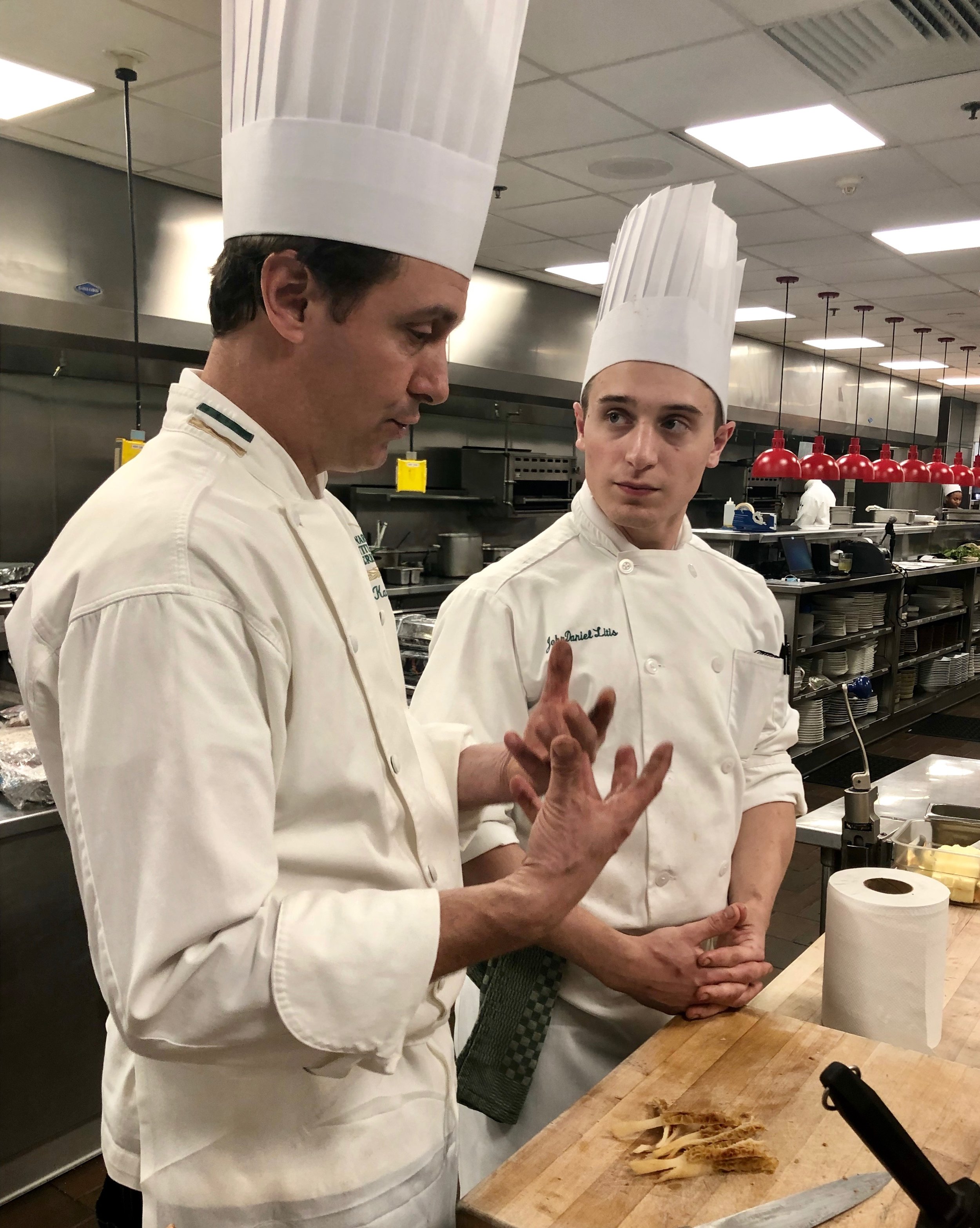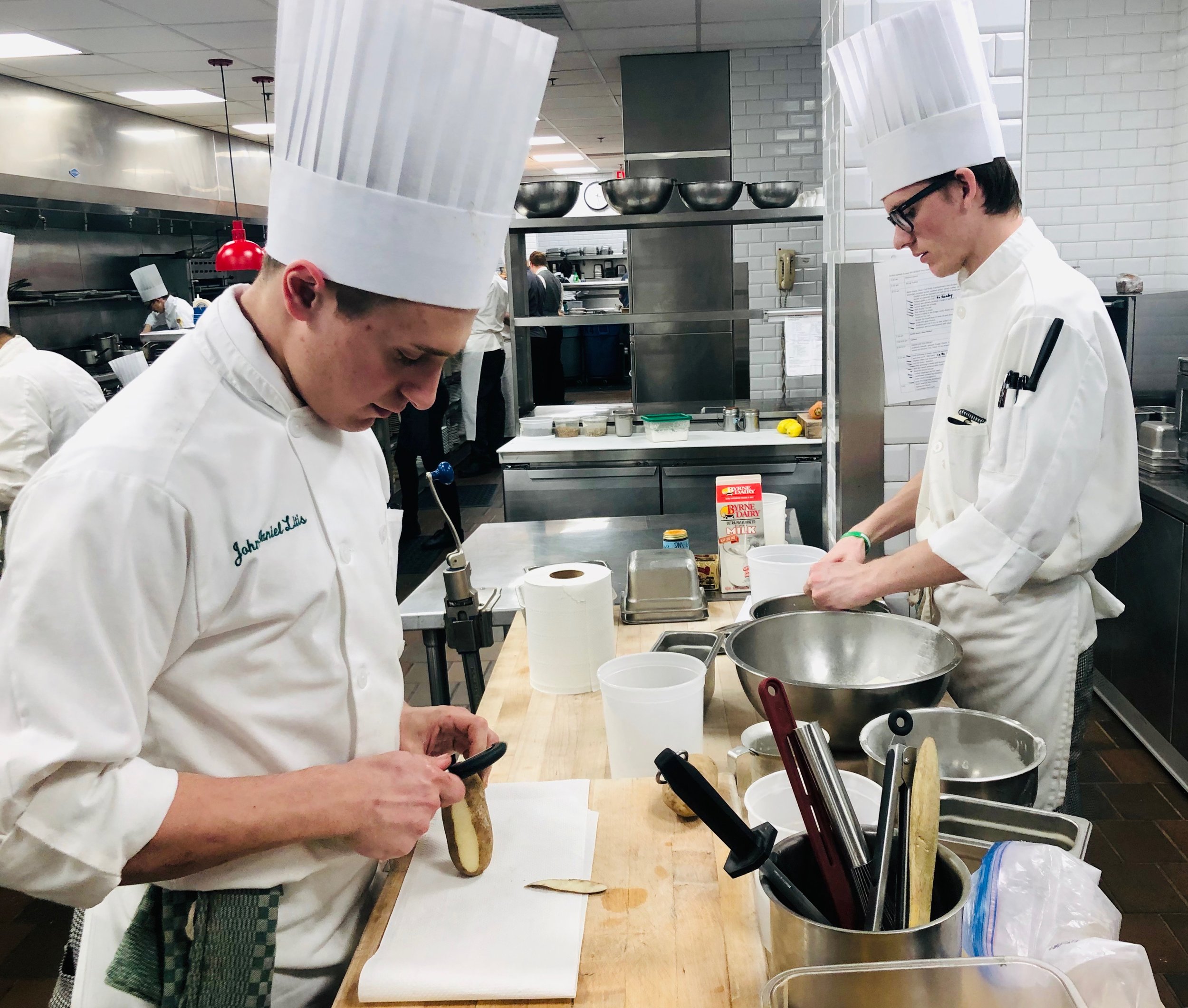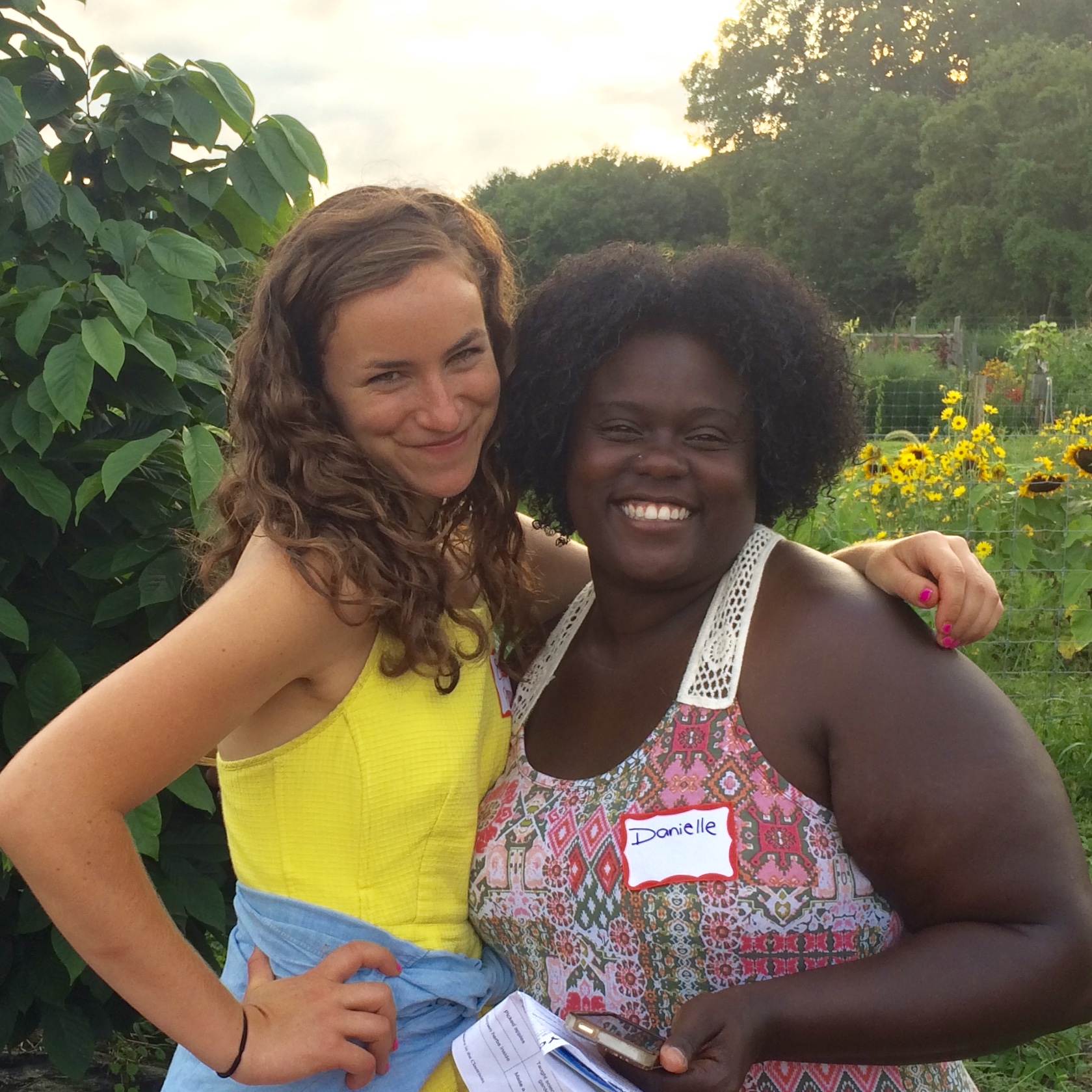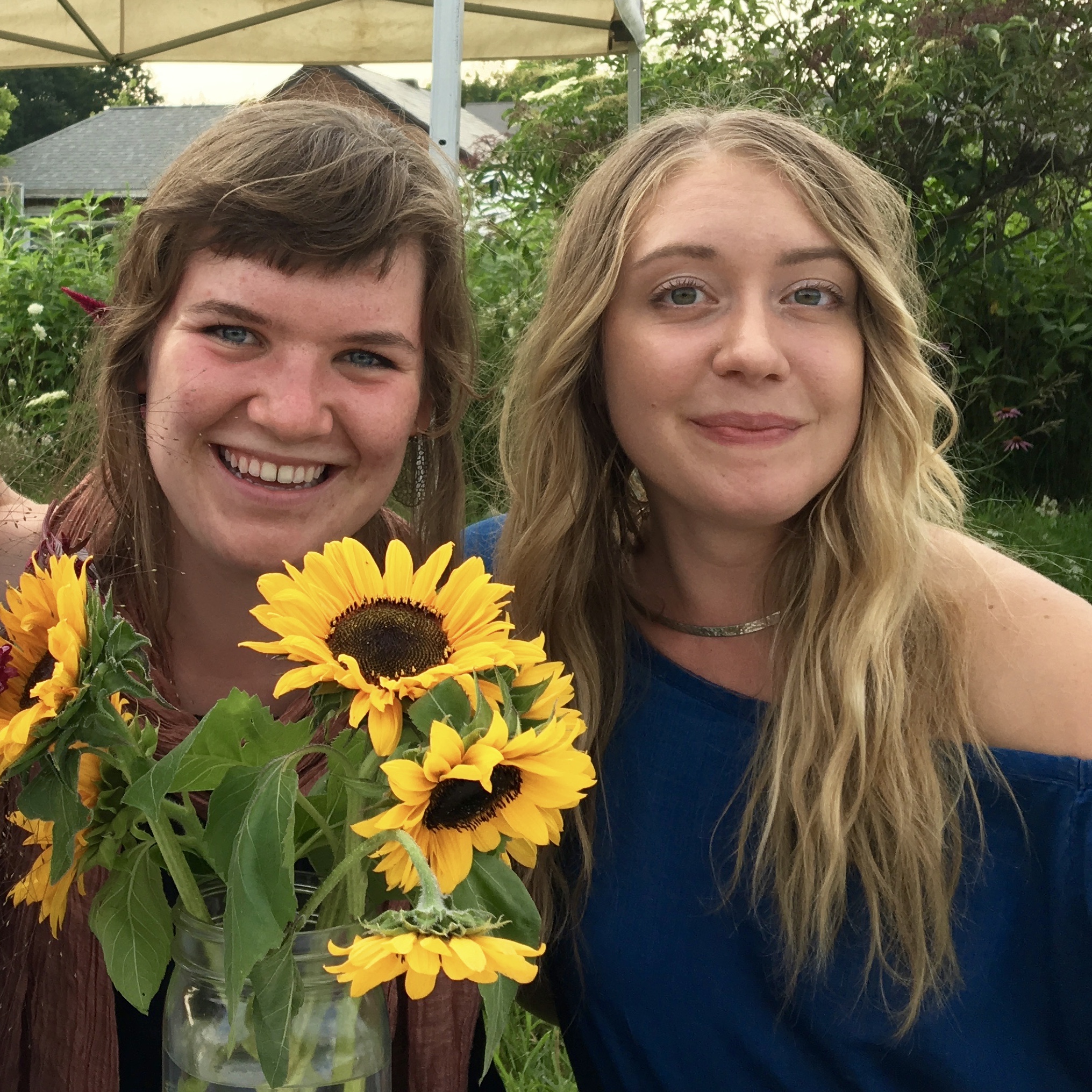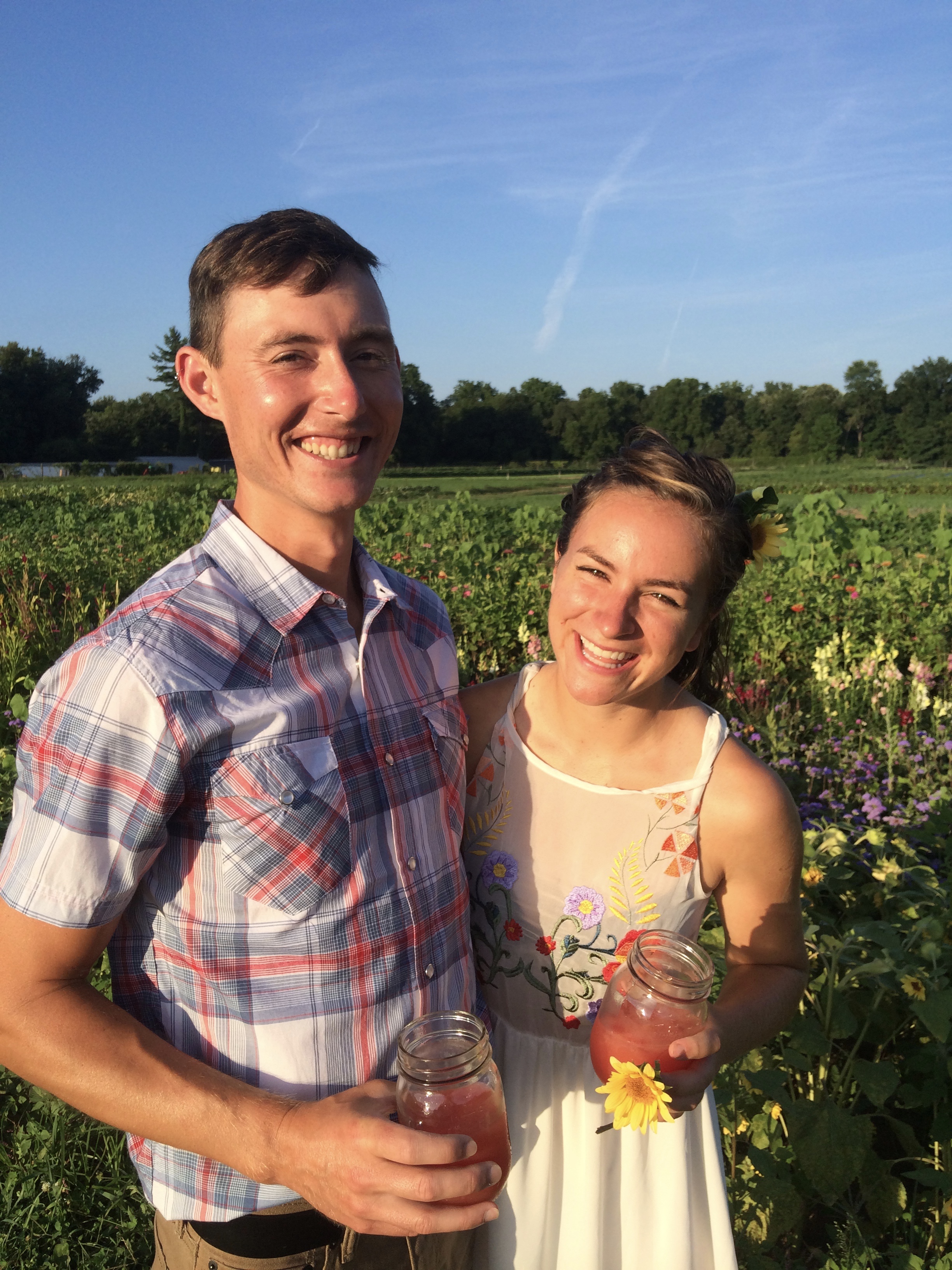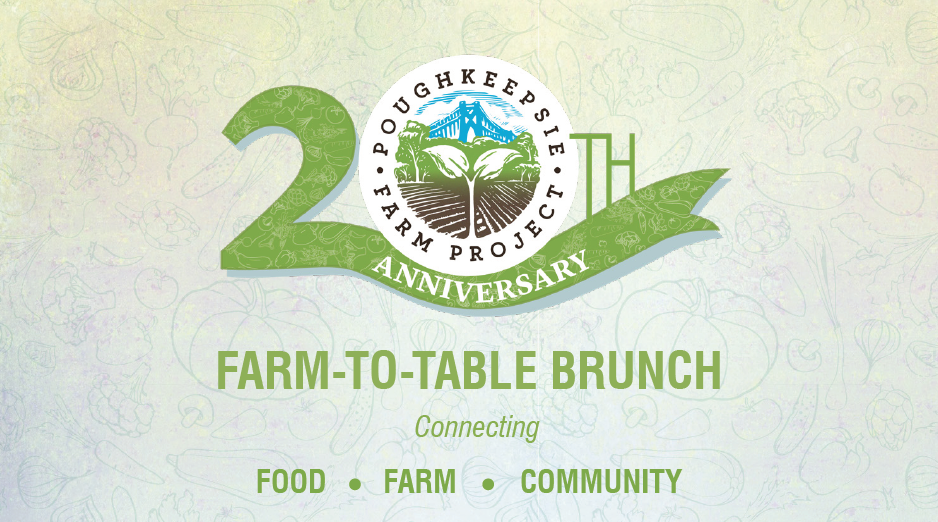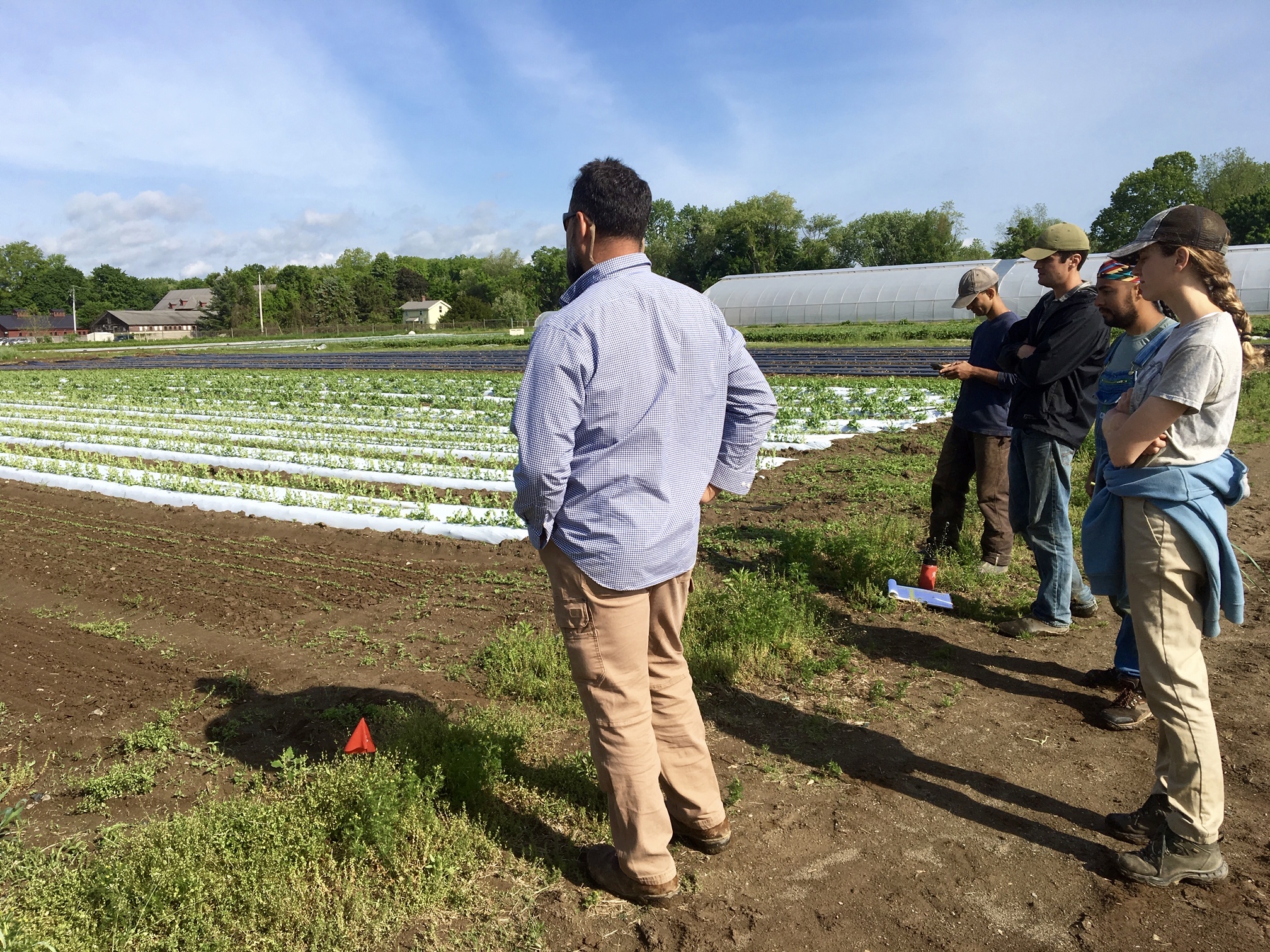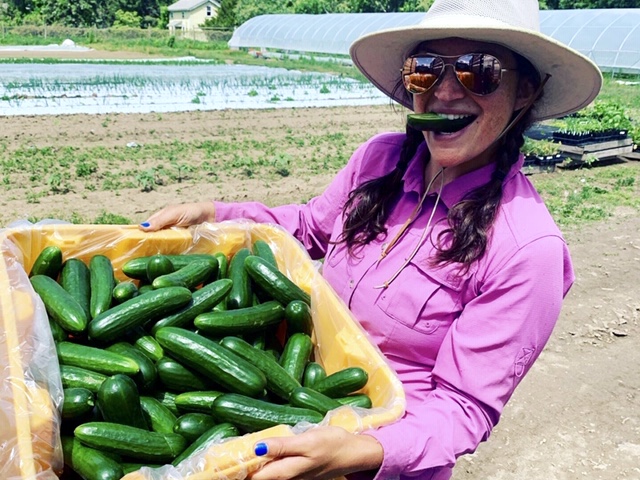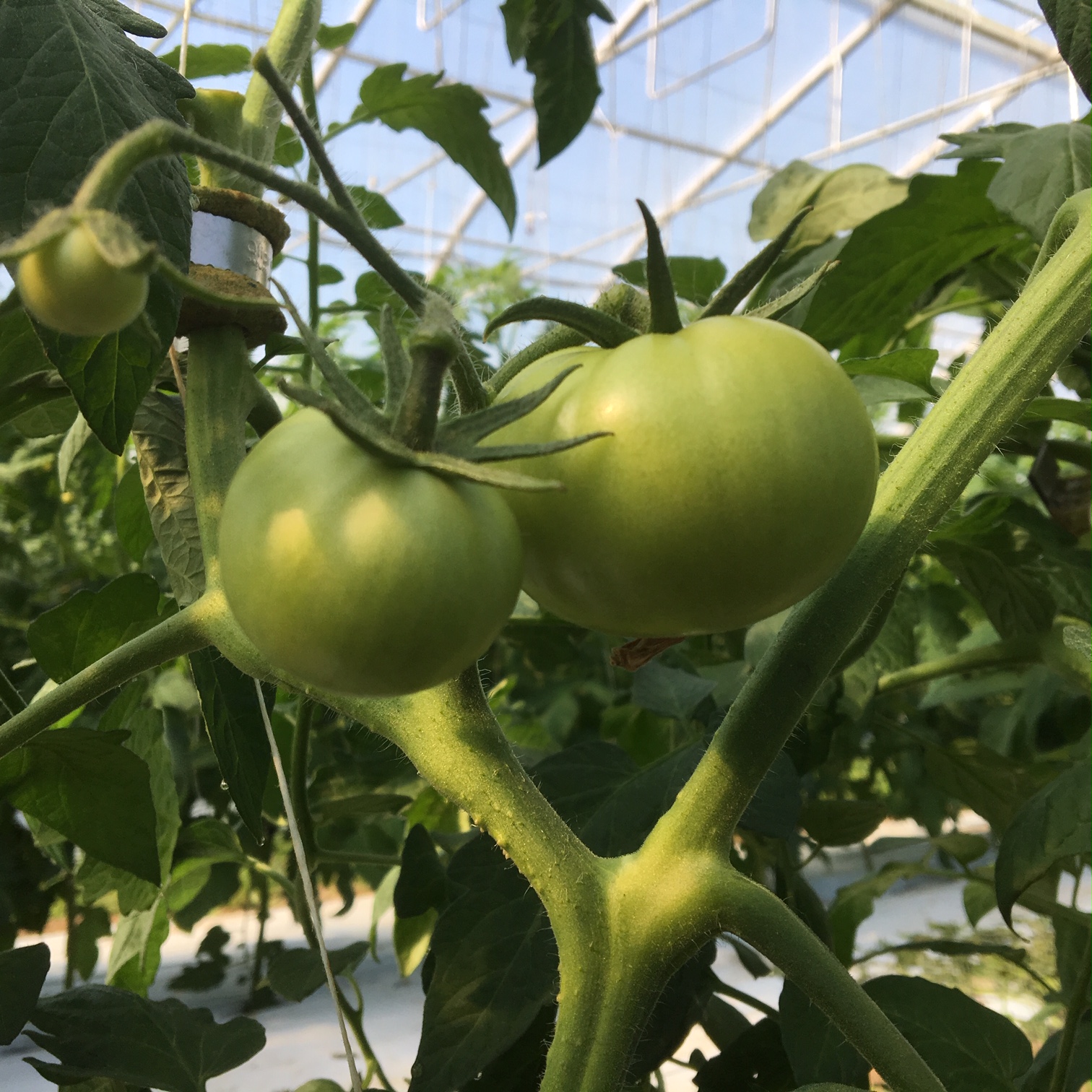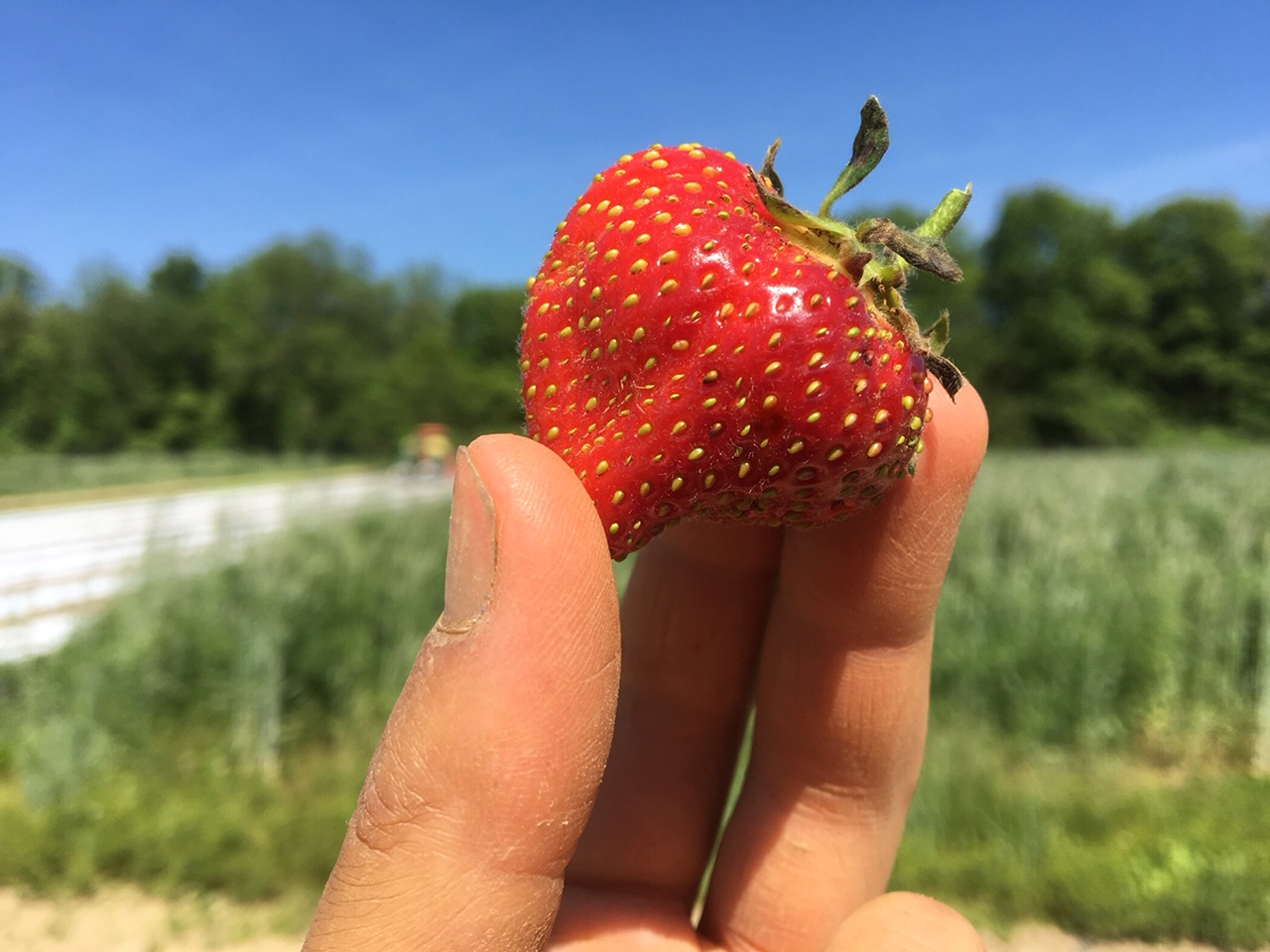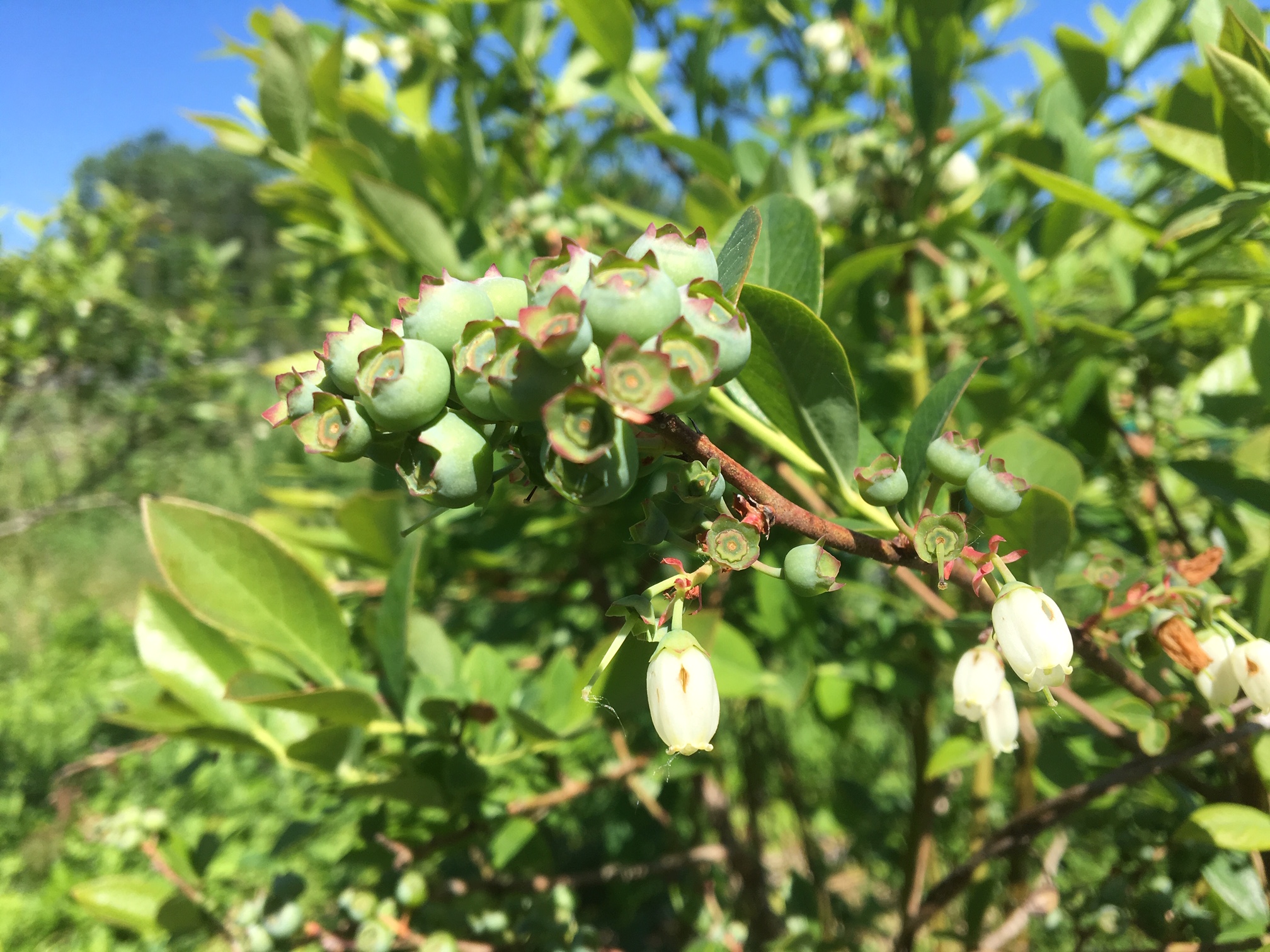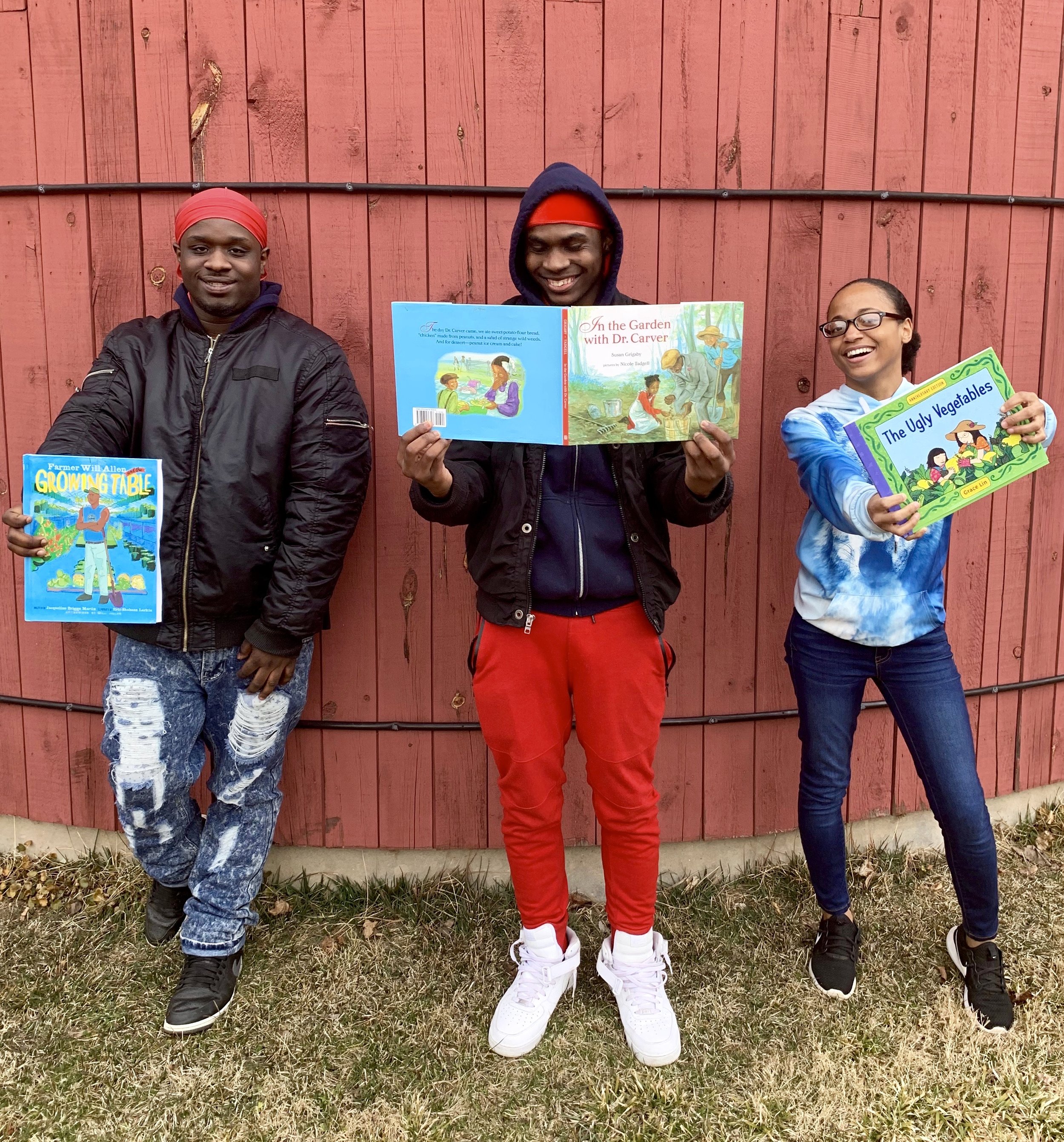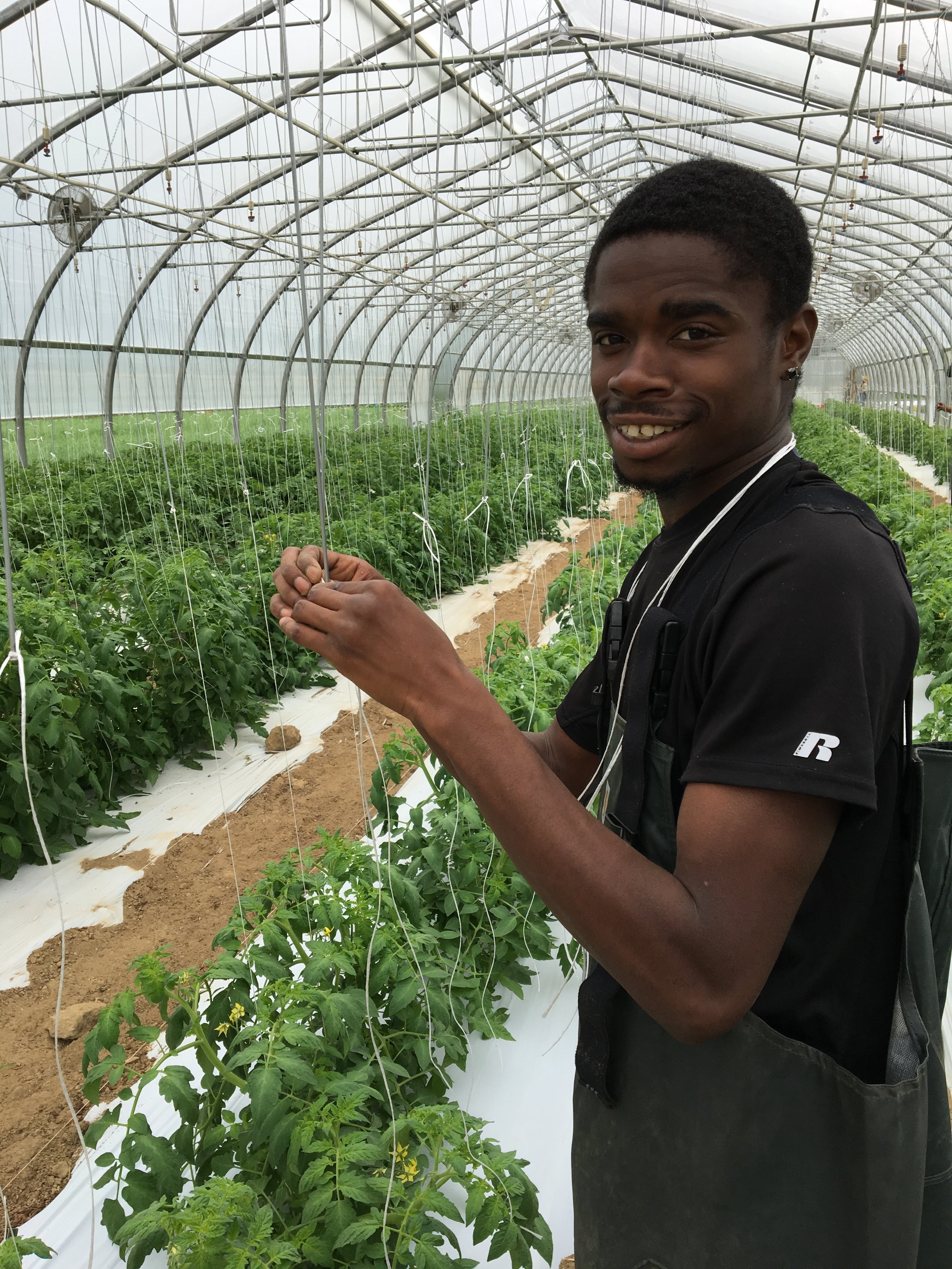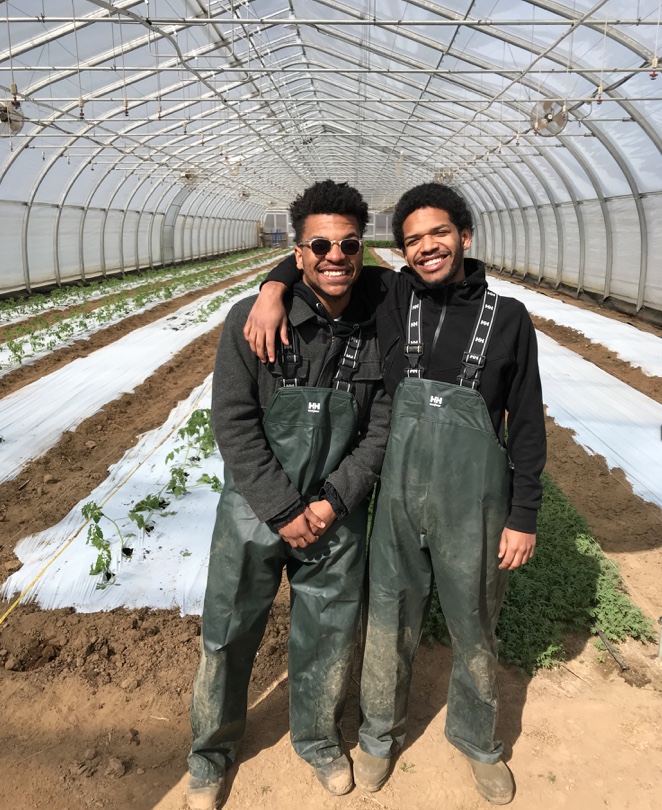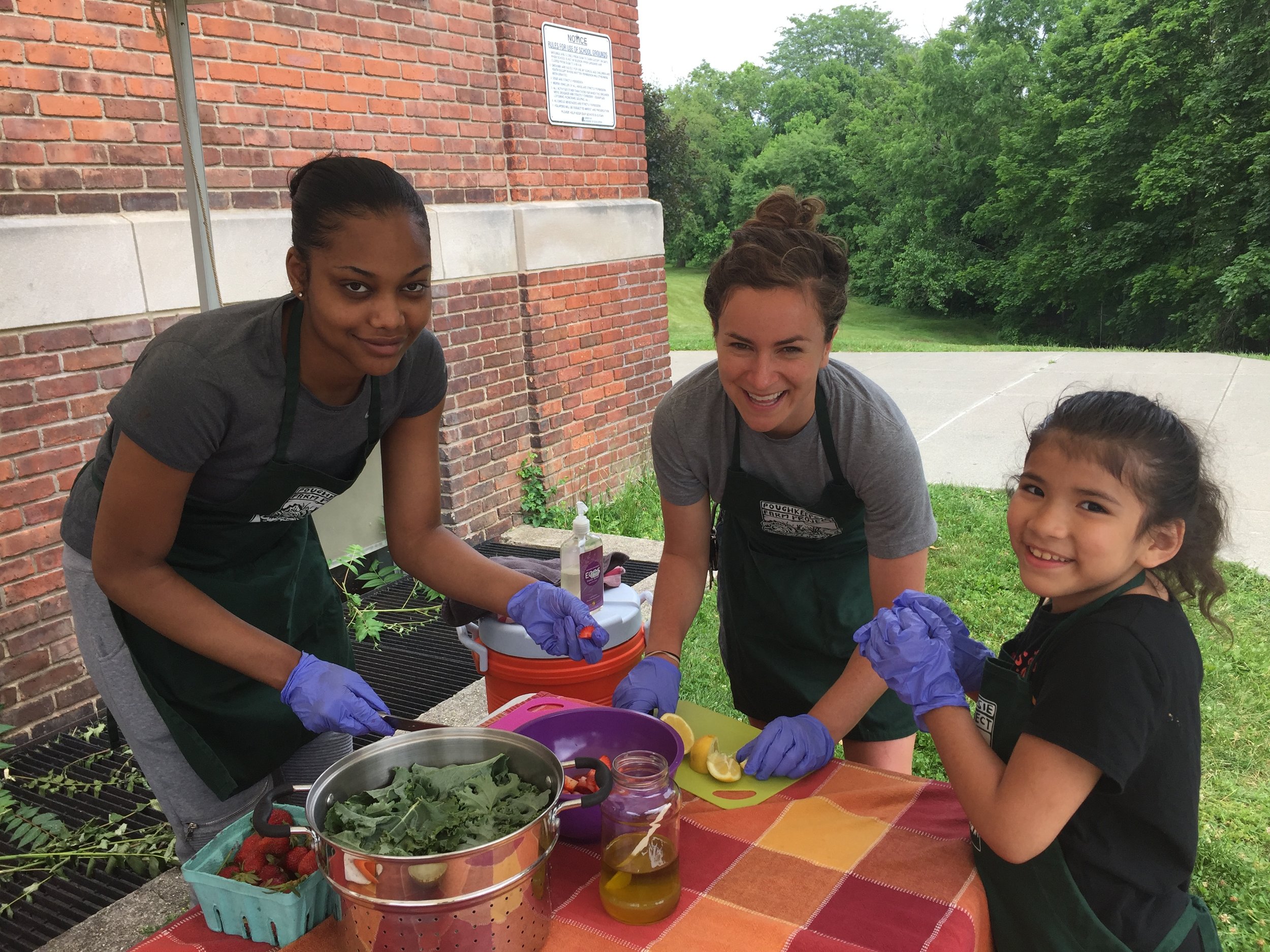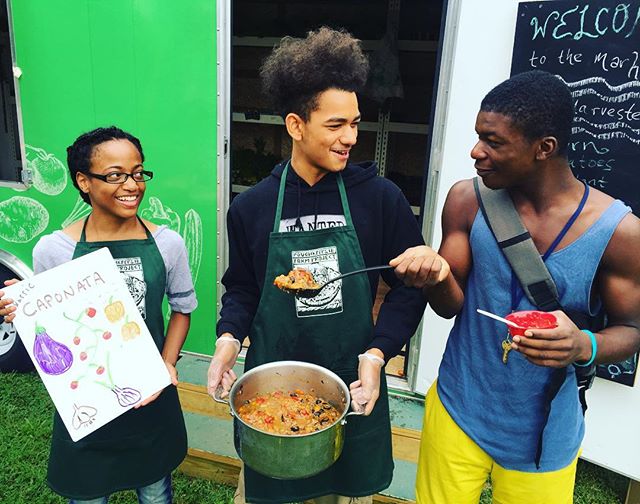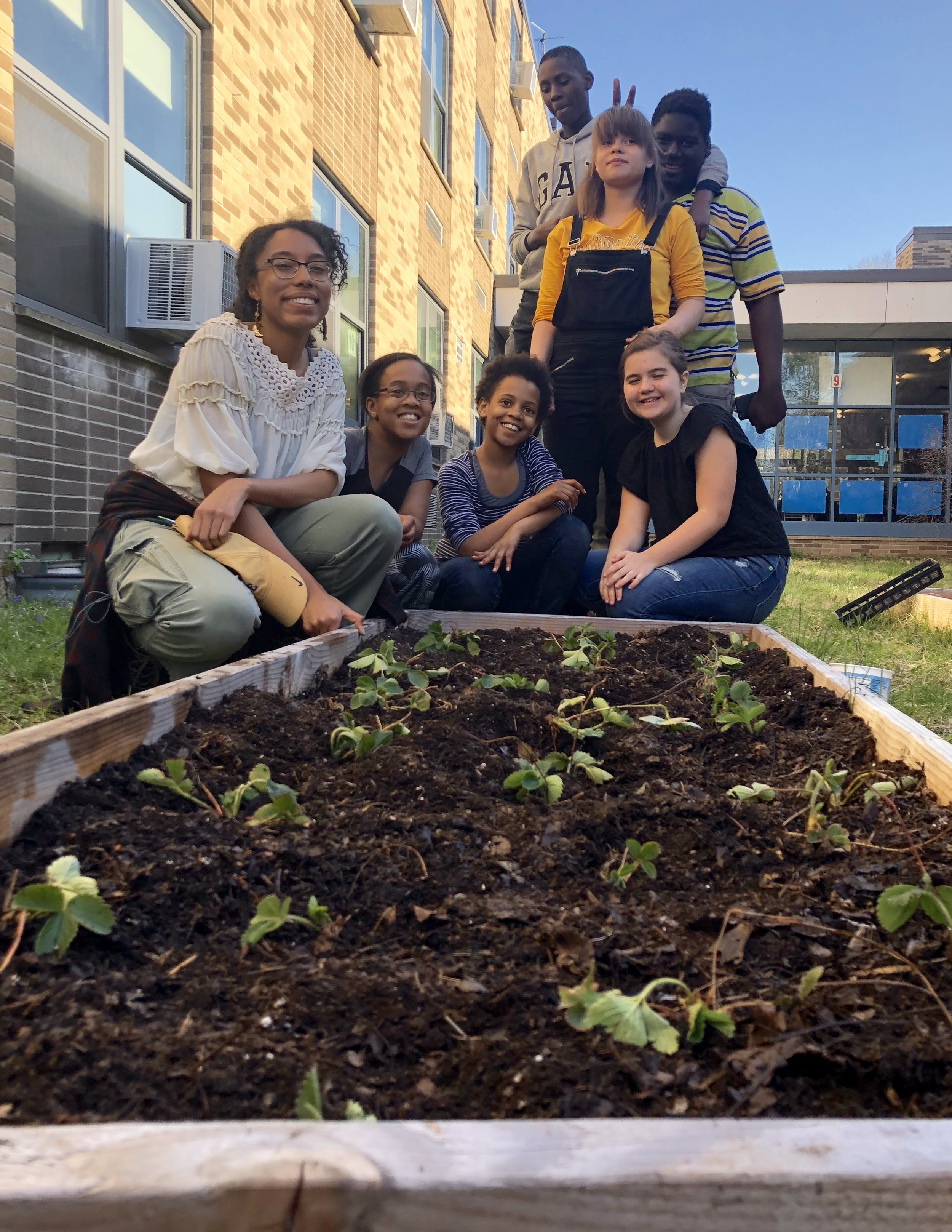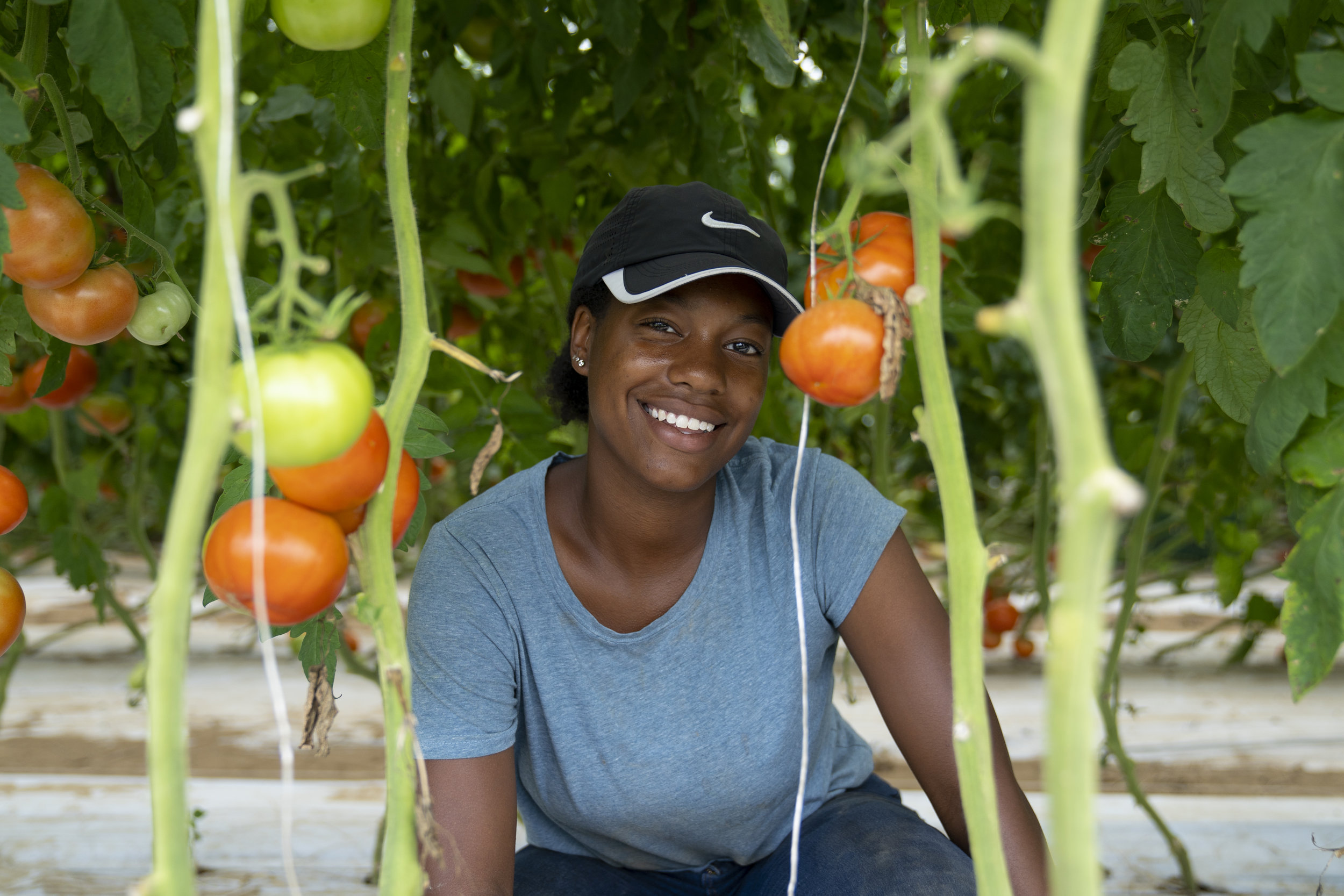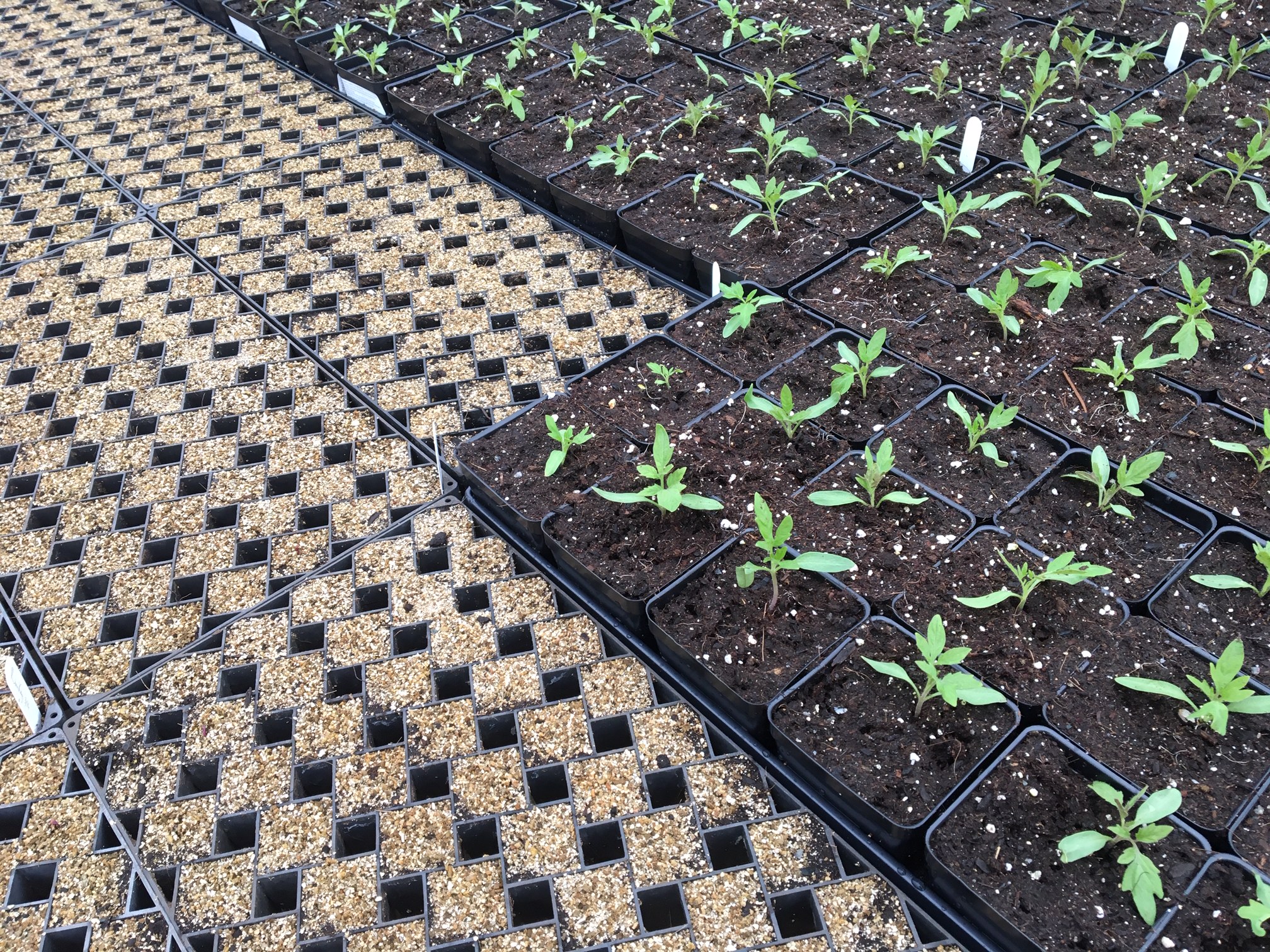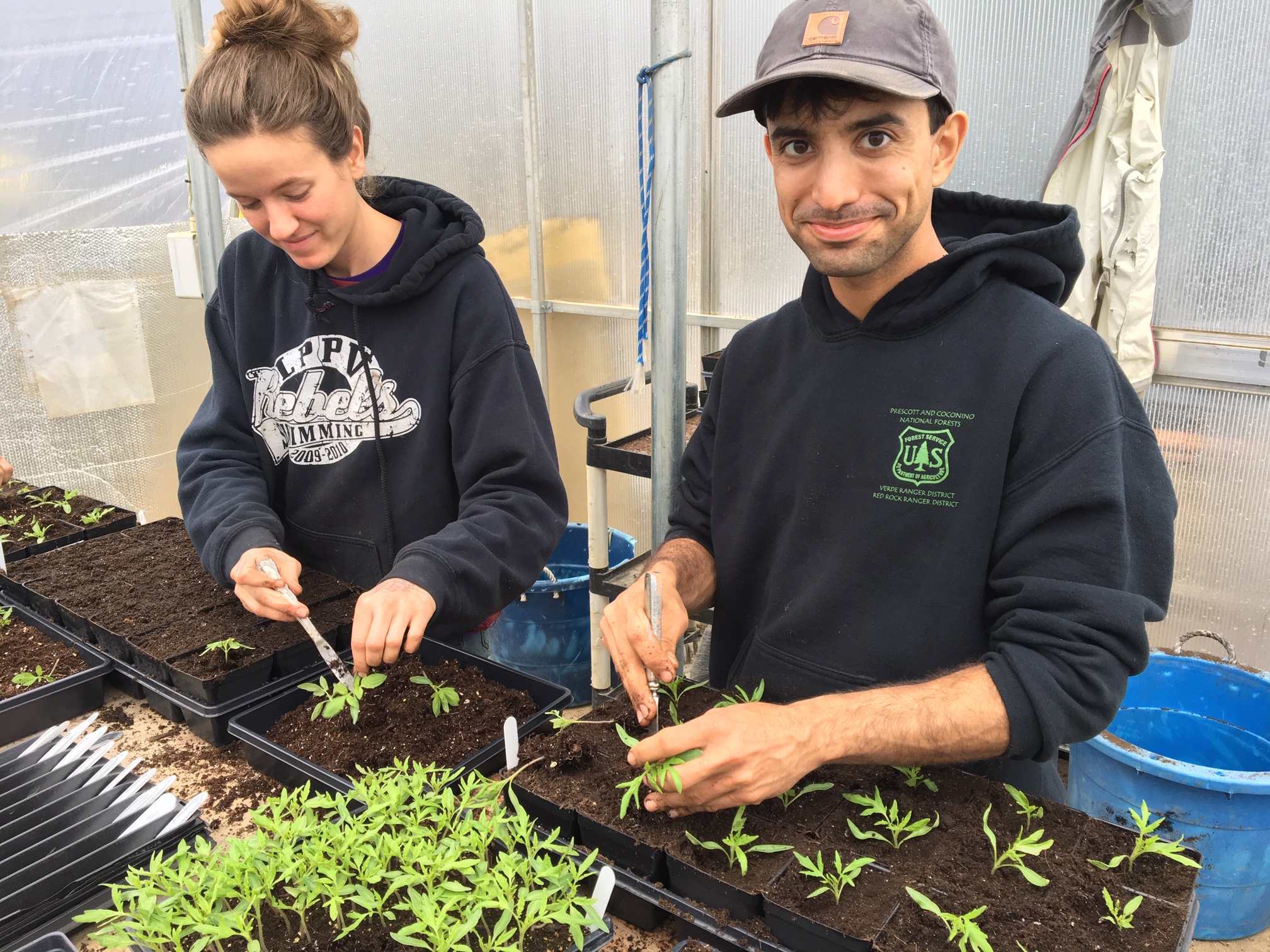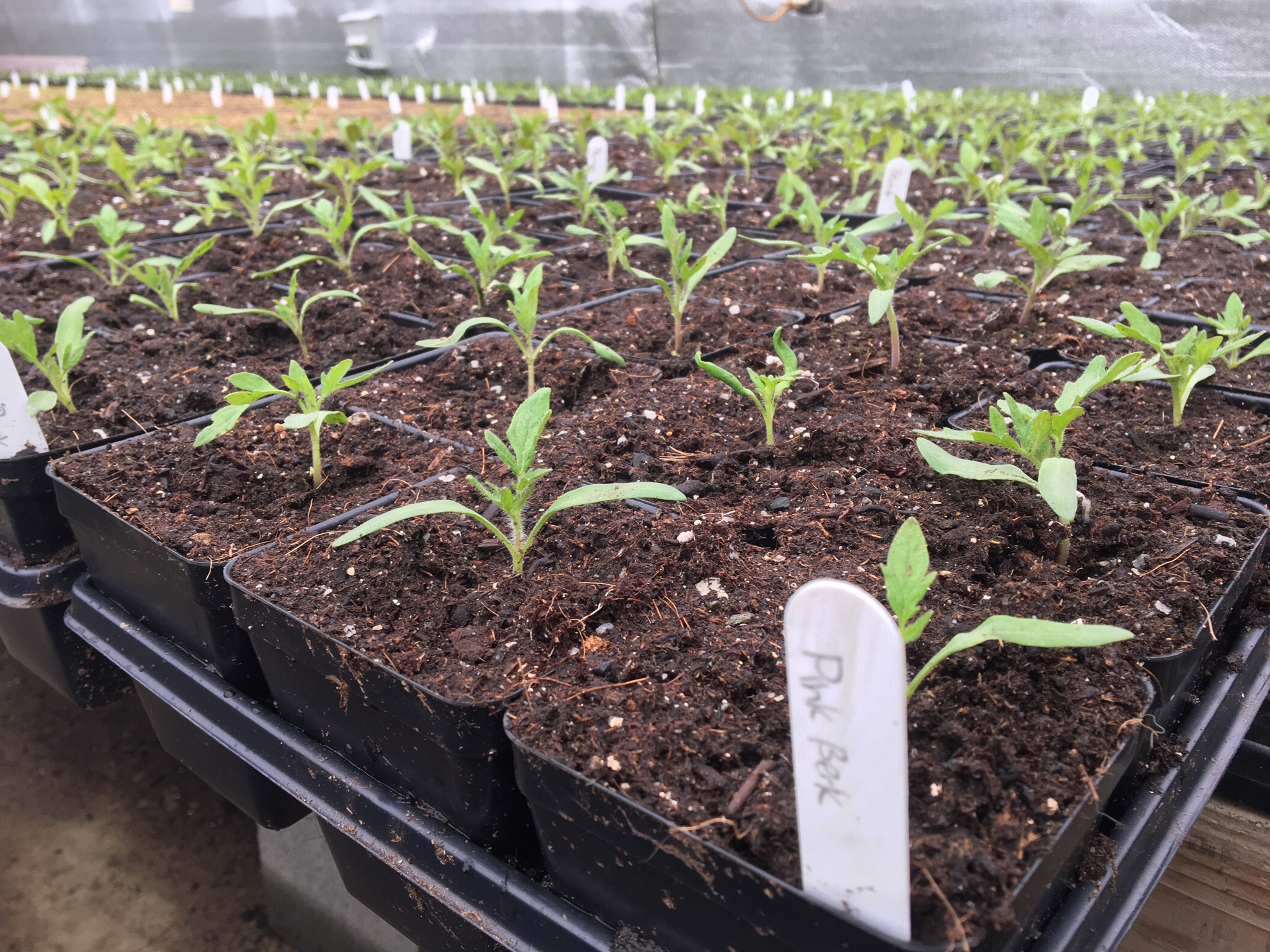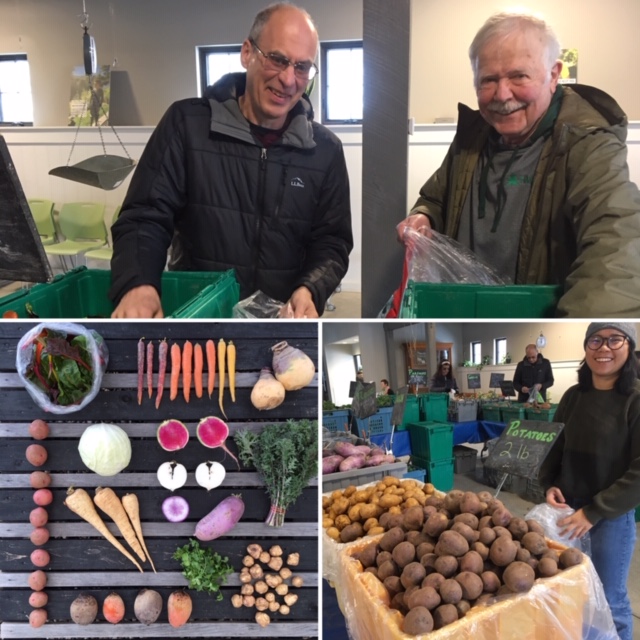Before we dive into November, let’s take one last look at October, in which we harvested more than SEVENTEEN THOUSAND pounds of food.
That’s right. Last month we harvested two thousand pounds of carrots, three thousand pounds of scarlet turnips, four thousand pounds of (very big) beets, seven thousand pounds of sweet potatoes, and a frantic thousand pounds of peppers just before the first real frost. (And that doesn’t include any of the hundreds of pounds of radishes, kale, cabbage, spinach, swiss chard and kohlrabi we’ve been steadily bringing in each week for distribution.)
October is over and the coolers are full to bursting… but still there’s more.
In November, we are pulling thousands of pounds of turnips, purple daikon, watermelon radishes, and even more carrots out of the ground (and finding creative ways to store it all). By now, the garlic has gone into the ground for next year. We are cleaning and storing implements, transitioning the greenhouse to a winter wash station, readying the tunnels for dropping temperatures and preparing for the start of our Winter CSA.
Amidst the hustle, we are also giving thanks.
We are thankful for a good growing season (remember last year’s scrawny beets?) and for coolers stocked full of food (tens of thousands of pounds!) for the winter. The seasons are largely out of our control, which can be a frightening thing for farmers. This year, luck -- combined with skill and experience -- resulted in a bountiful harvest. We are excited to continue sharing this bounty with our Winter CSA members.
We are thankful for our donors and funders, large and small, who keep our programs running, and without whom we would not be able to do half of the good work we do here in Poughkeepsie. Big thanks to the Culinary Institute of America, the Vassar Baseball team, the Green & Clean team from Poughkeepsie Day School, our Vassar Community Engaged Learning interns, and all of the students and volunteers who came out to help us in the fields to rip out tomato vines and harvest some of the biggest beets we’ve ever seen.
